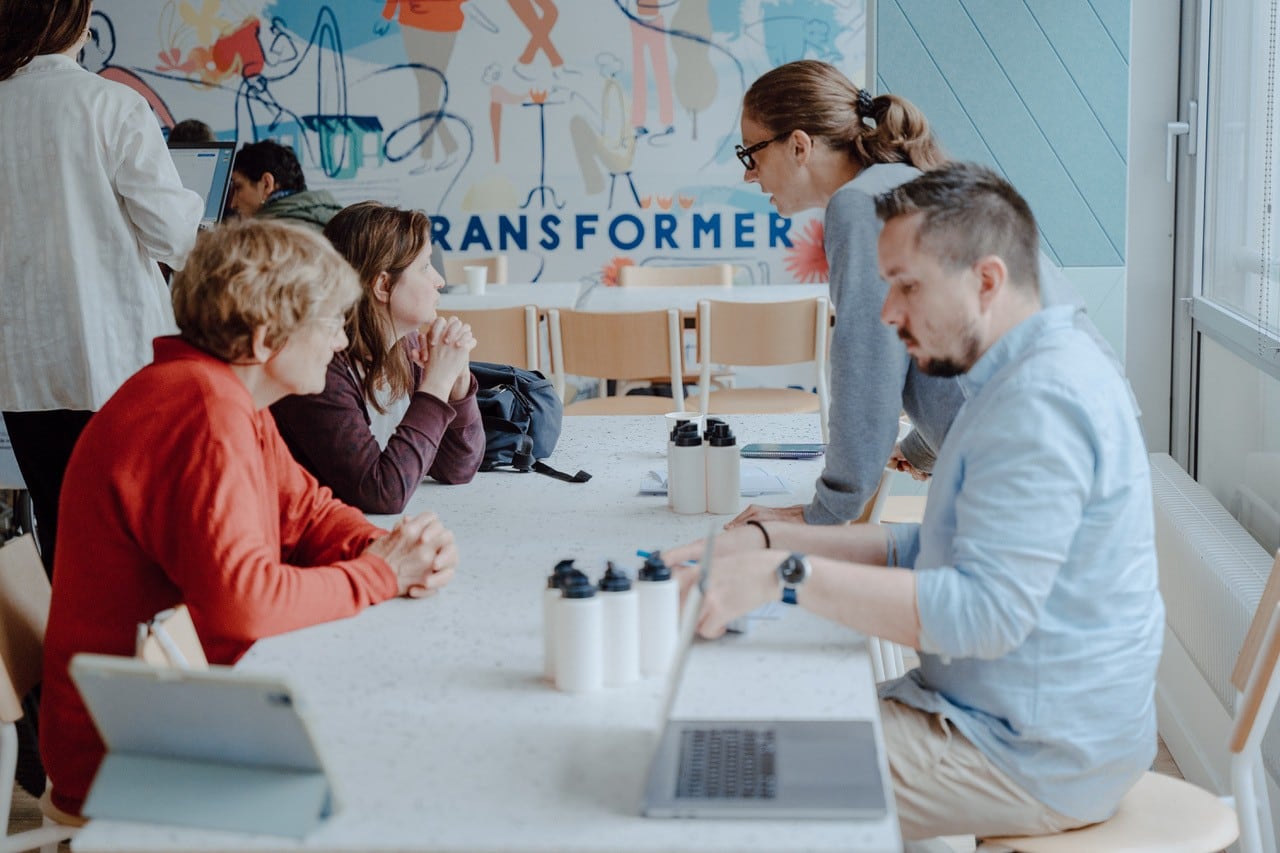
Aptar Beauty earns inclusive design label for accessible innovation
Beauty packaging and dispensing company Aptar Beauty is among the first in France to receive the “Inclusive Designer” label.
News & Analysis on Cosmetics Innovation

Beauty packaging and dispensing company Aptar Beauty is among the first in France to receive the “Inclusive Designer” label.
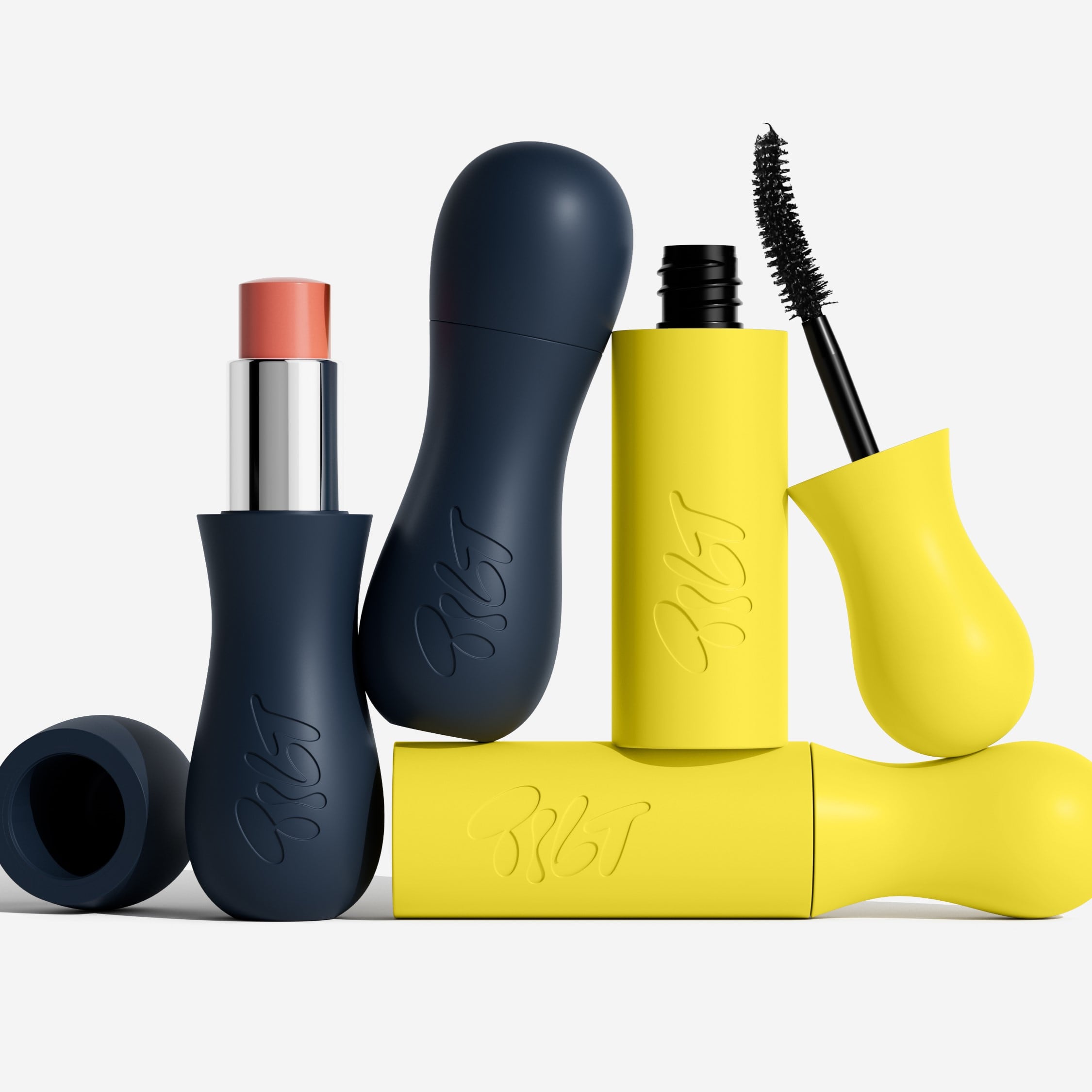
As one of the world’s most prestigious packaging design competitions, the Pentawards showcases the most innovative new approaches to product packaging across various FMCG categories.

Mintel’s 2026 global beauty trends forecast a shift towards wellness diagnostics, emotionally resonant experiences, and a celebration of imperfection. We explore what this means for the future of beauty.
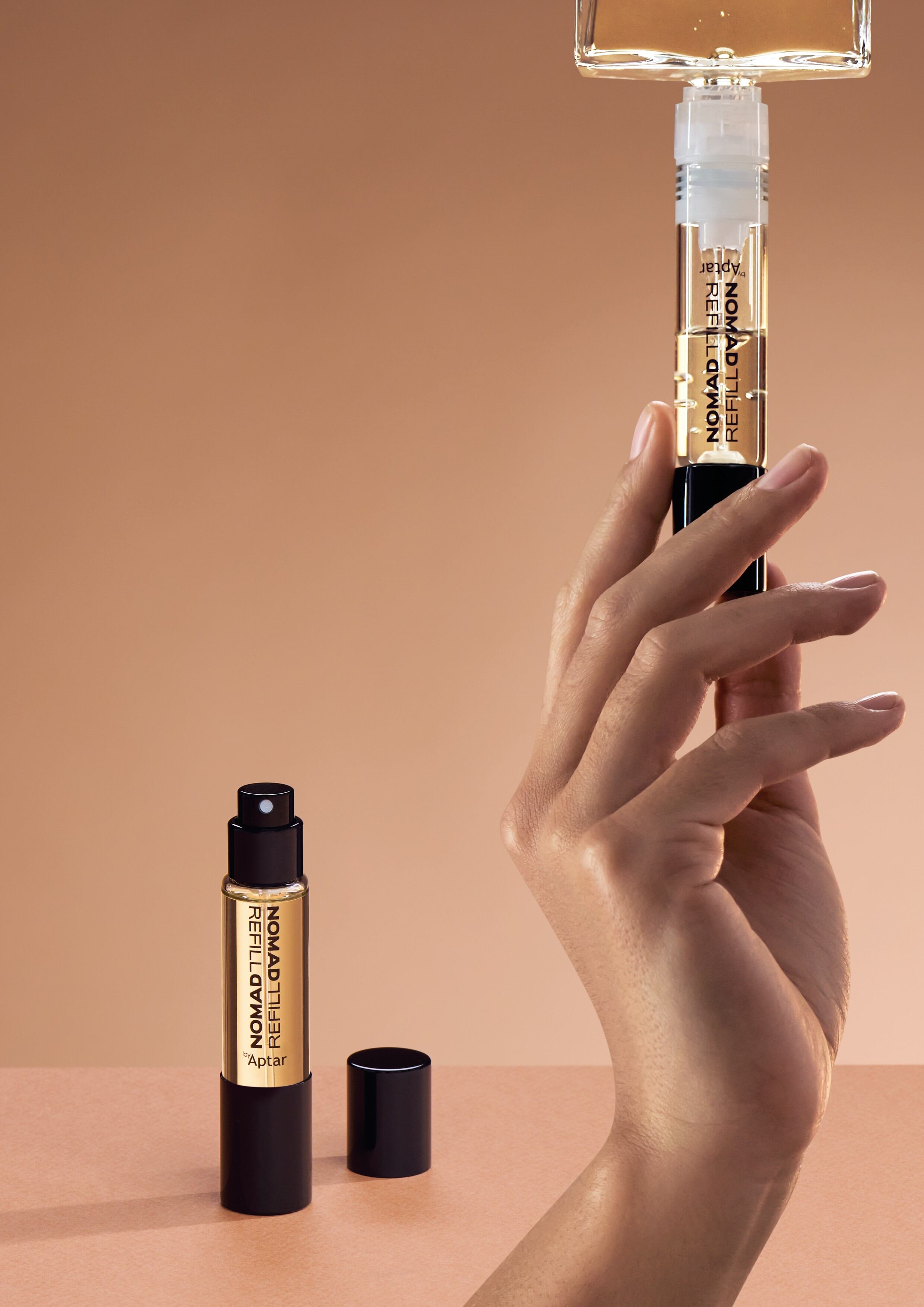
When it comes to spotting the latest technology and breakthroughs in beauty packaging, Luxe Pack Monaco is the place to be. Here, we round up some of the new launches that caught our attention at this year’s show.
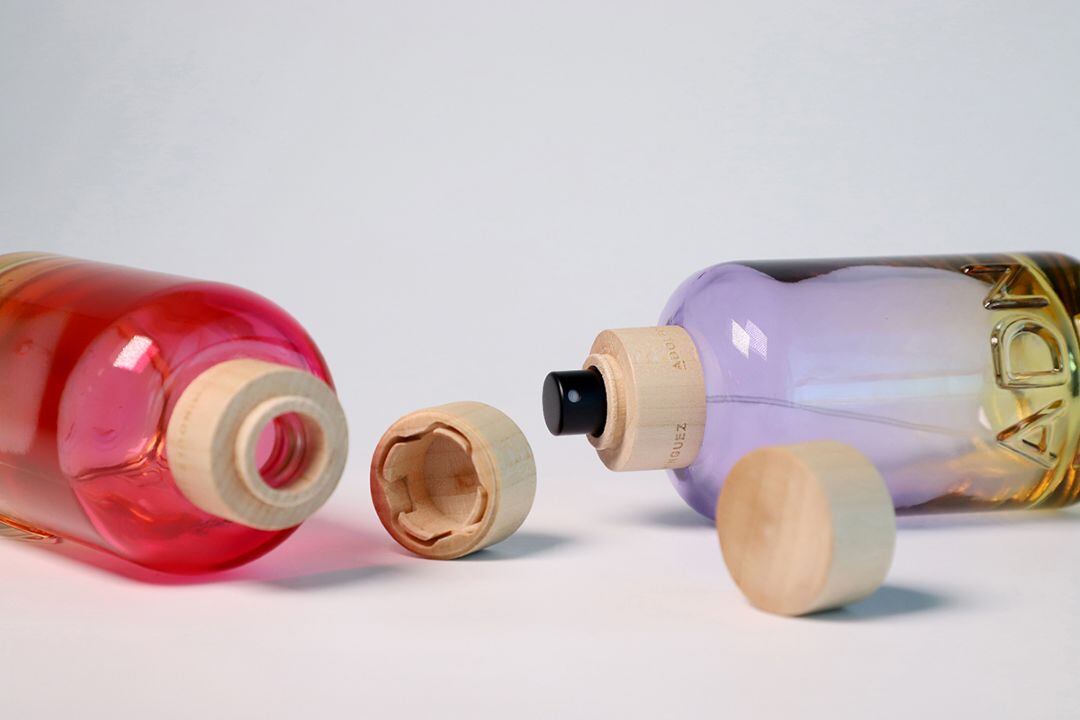
We scouted the recent Luxe Pack show in Monaco to uncover the latest eco-friendly beauty & personal care packaging innovations you’ll want to know about.

The must-watch trends and bold creative directions set to reshape beauty and luxury by 2027.

At the Luxe Pack show in Monaco, beauty industry experts gathered to share their views and experiences on how luxury is being redefined, highlighting key areas of interest for beauty product creators.
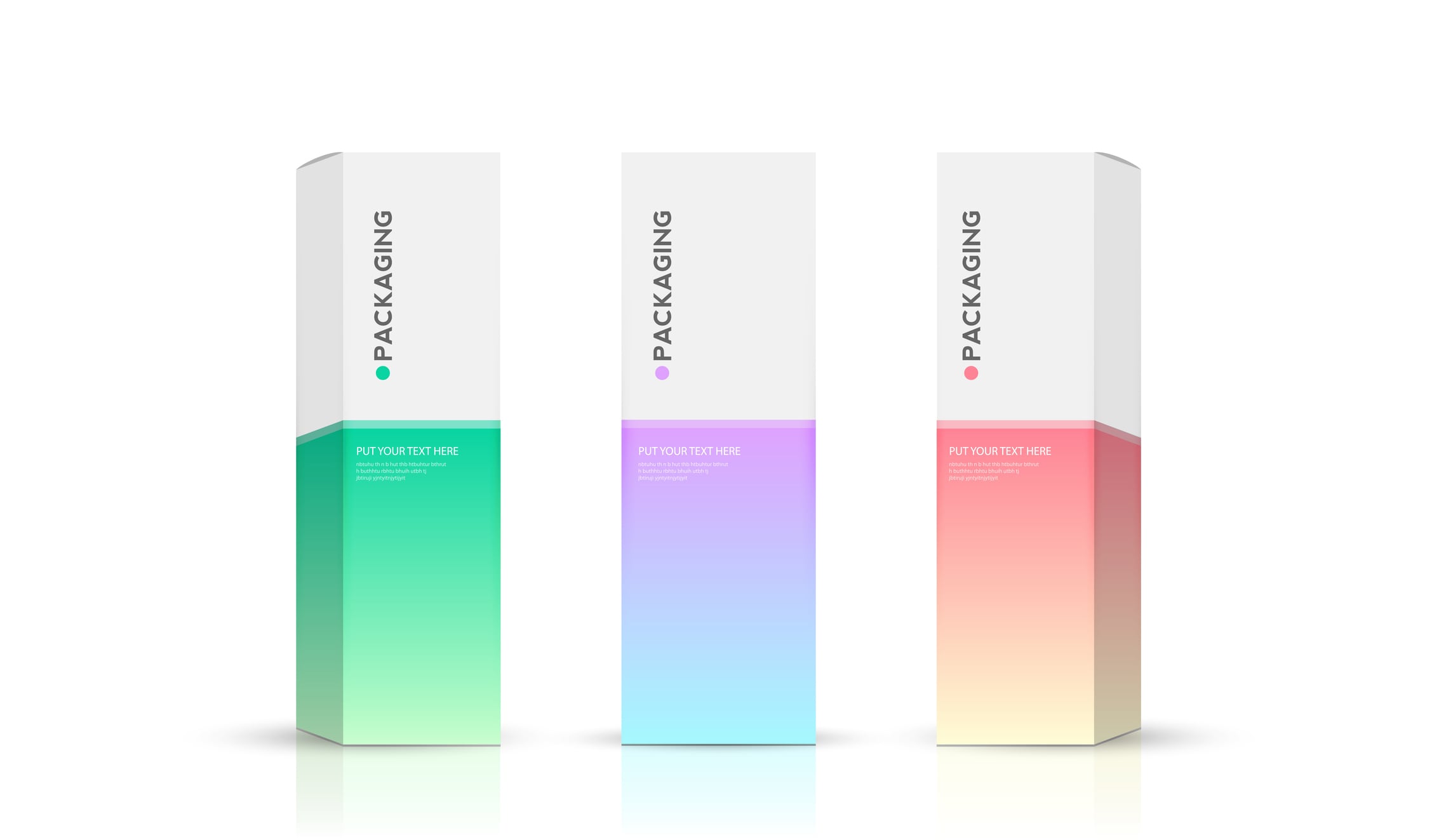
We spoke to an array of beauty packaging companies and design agencies to find out what’s trending now and what’s coming next for cosmetics packaging…

From heirloom refillables to neuro-inclusive designs, “packaging with a purpose” was the overall theme seen this year. Here’s the full shortlist…
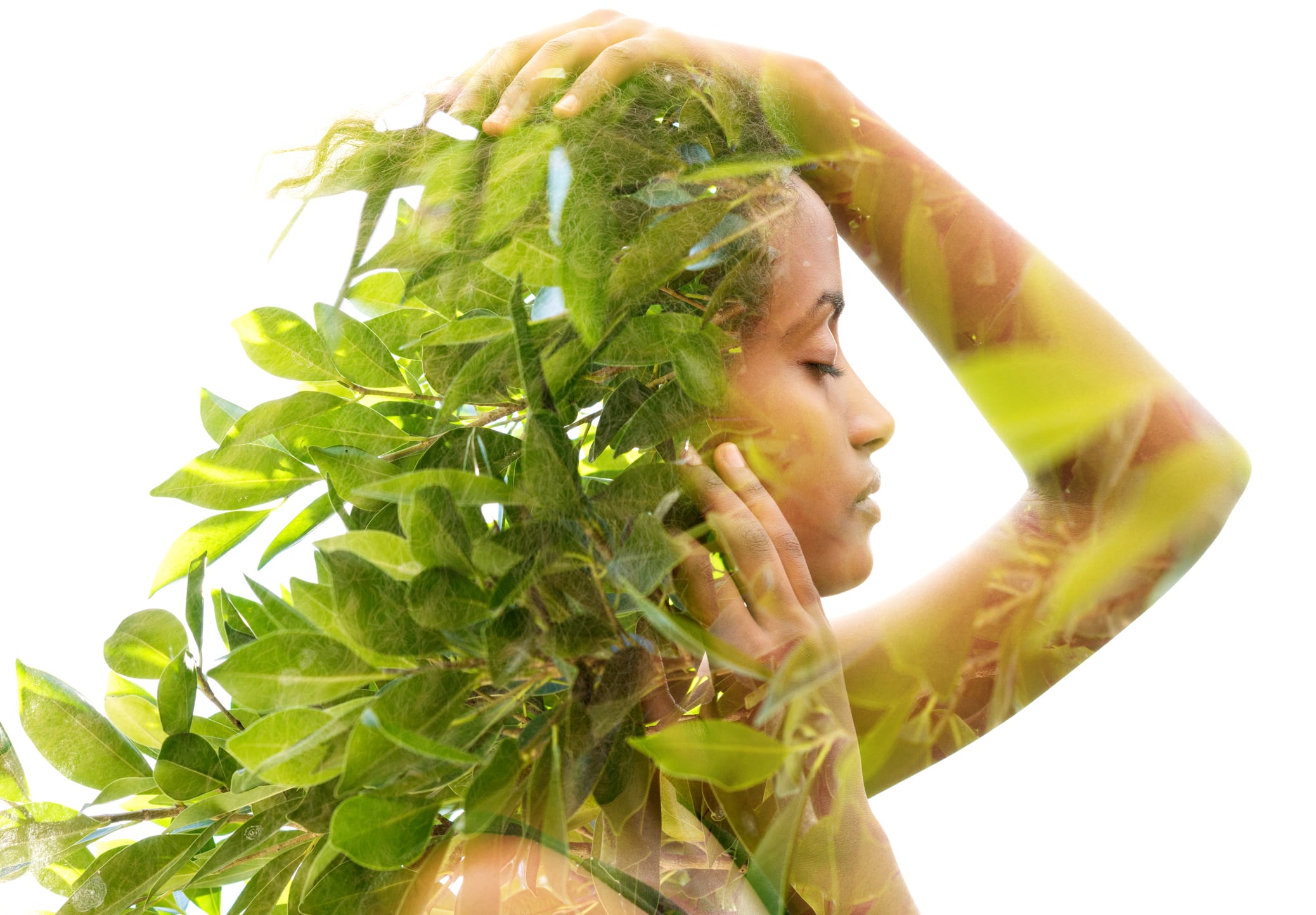
A new science-based environmental scoring system for beauty and personal care products, EcoBeautyScore, has officially launched in Europe, with brands such as L’Oréal Paris, Neutrogena, Nivea Q10, Eucerin all publishing scores for their products.
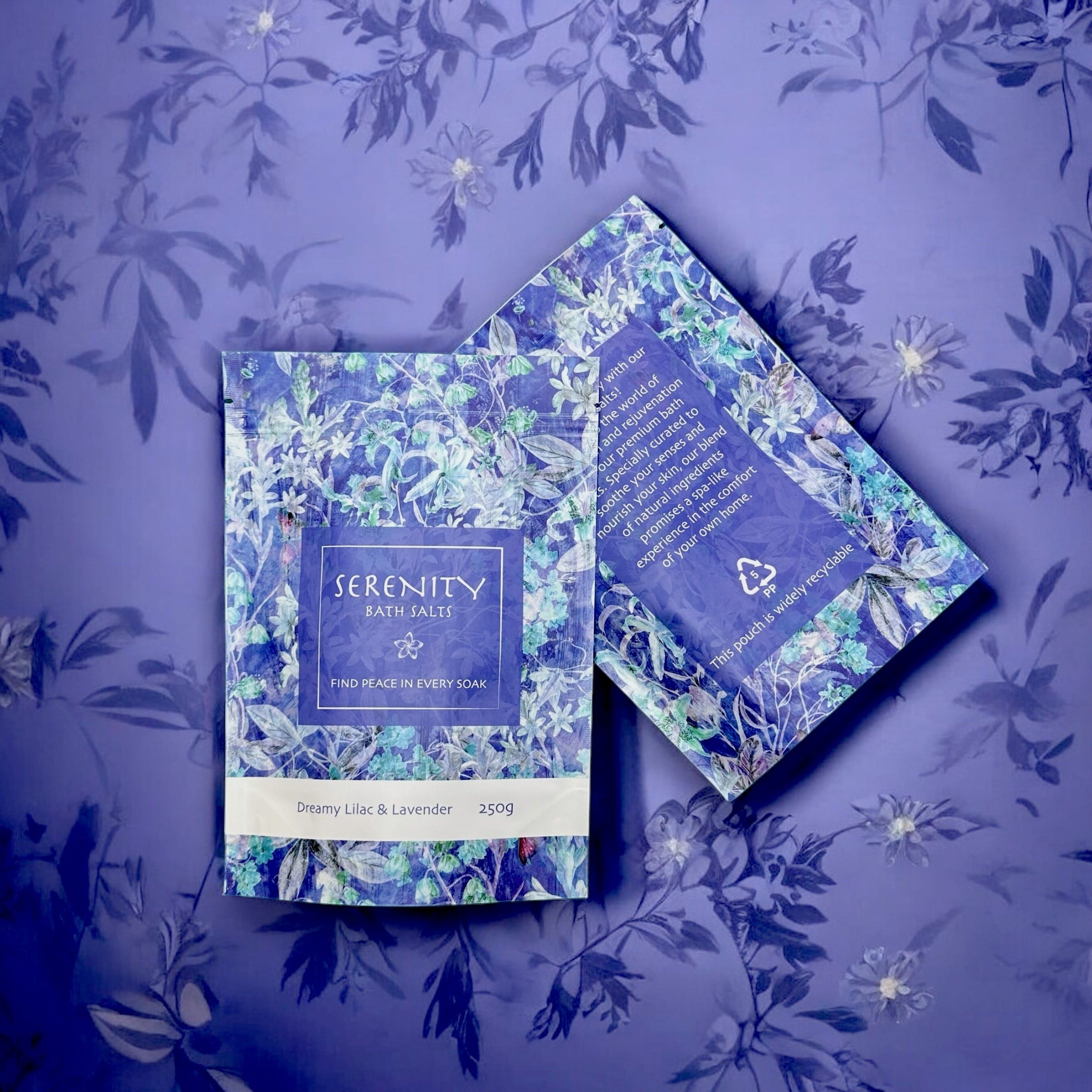
A combination of heightened sustainability regulations and a need to quickly meet new trends is pushing demand for digital-printed pouch packaging.
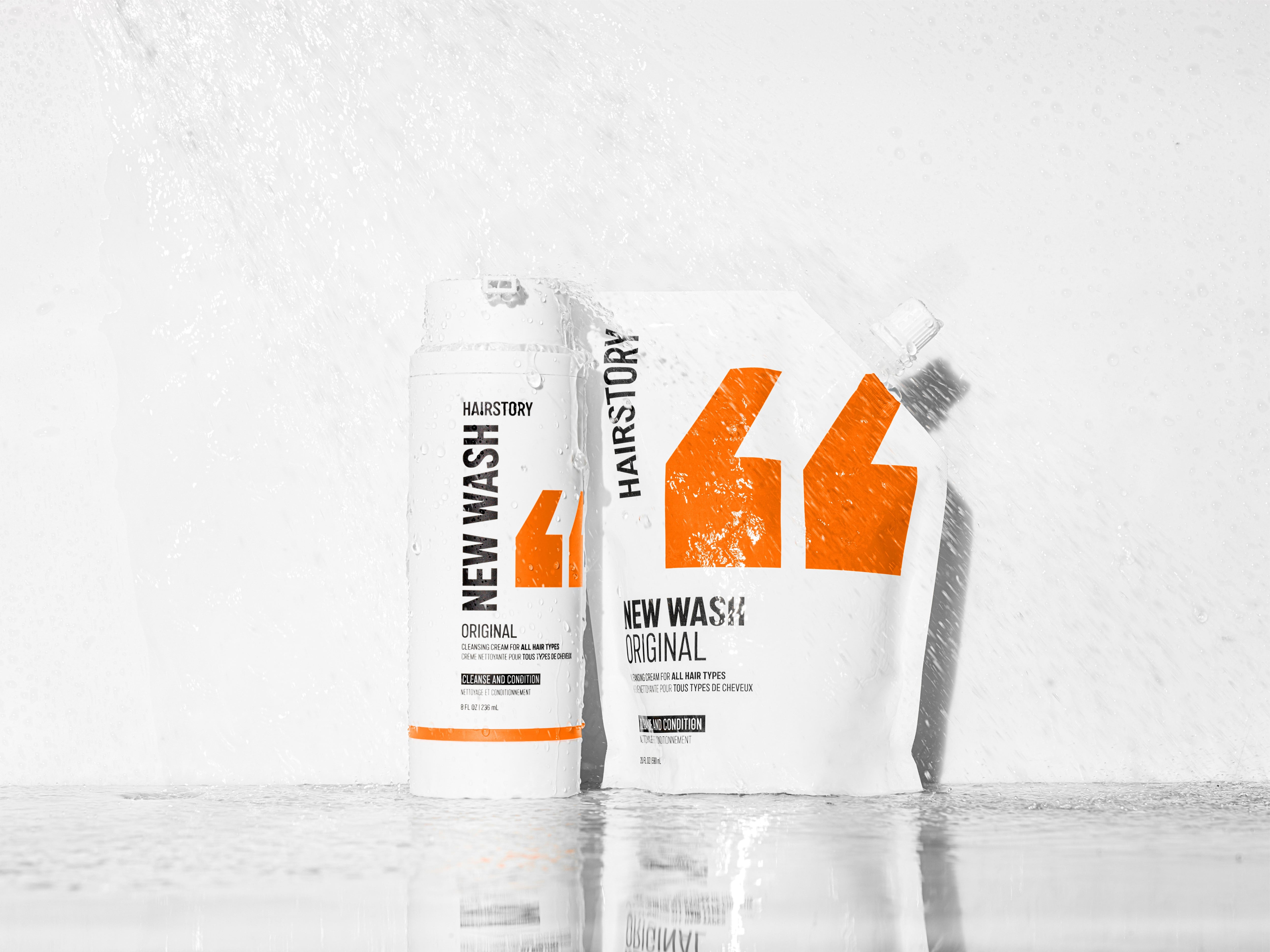
We explore the topic of refillable beauty packaging and speak to clean beauty hair care brand Hairstory about developing its new refillable shampoo bottle.
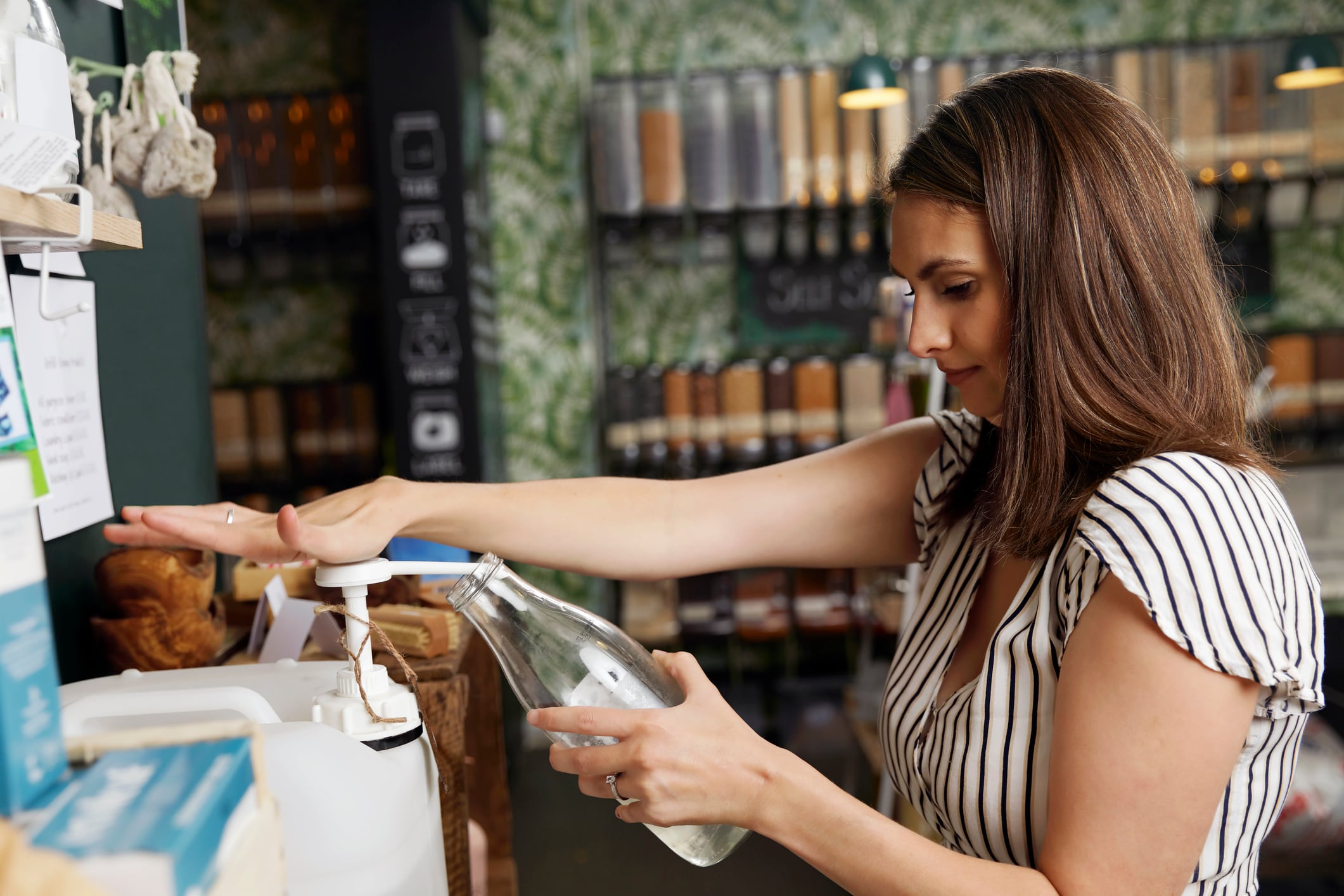
For shoppers, there appears to be a significant education gap that’s just waiting to be (re)filled.

Vitamins, mineral oils, mineral sunscreen filters and various fatty acids are among the list, which also includes many clean beauty and sustainable packaging ingredients.
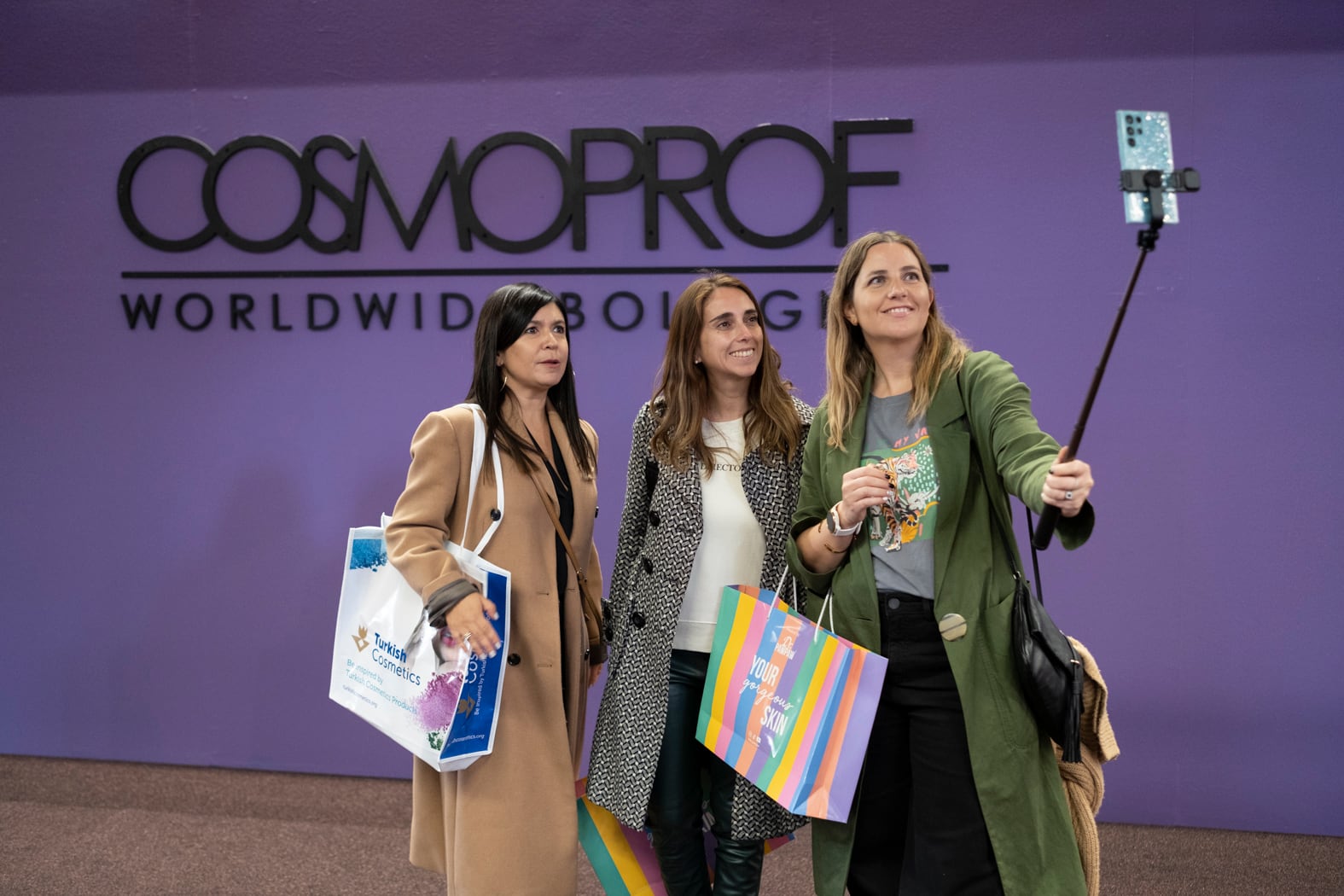
The 56th edition of Cosmoprof Worldwide Bologna is set to open its doors to the beauty industry on Thursday 20 March with a brand new layout.
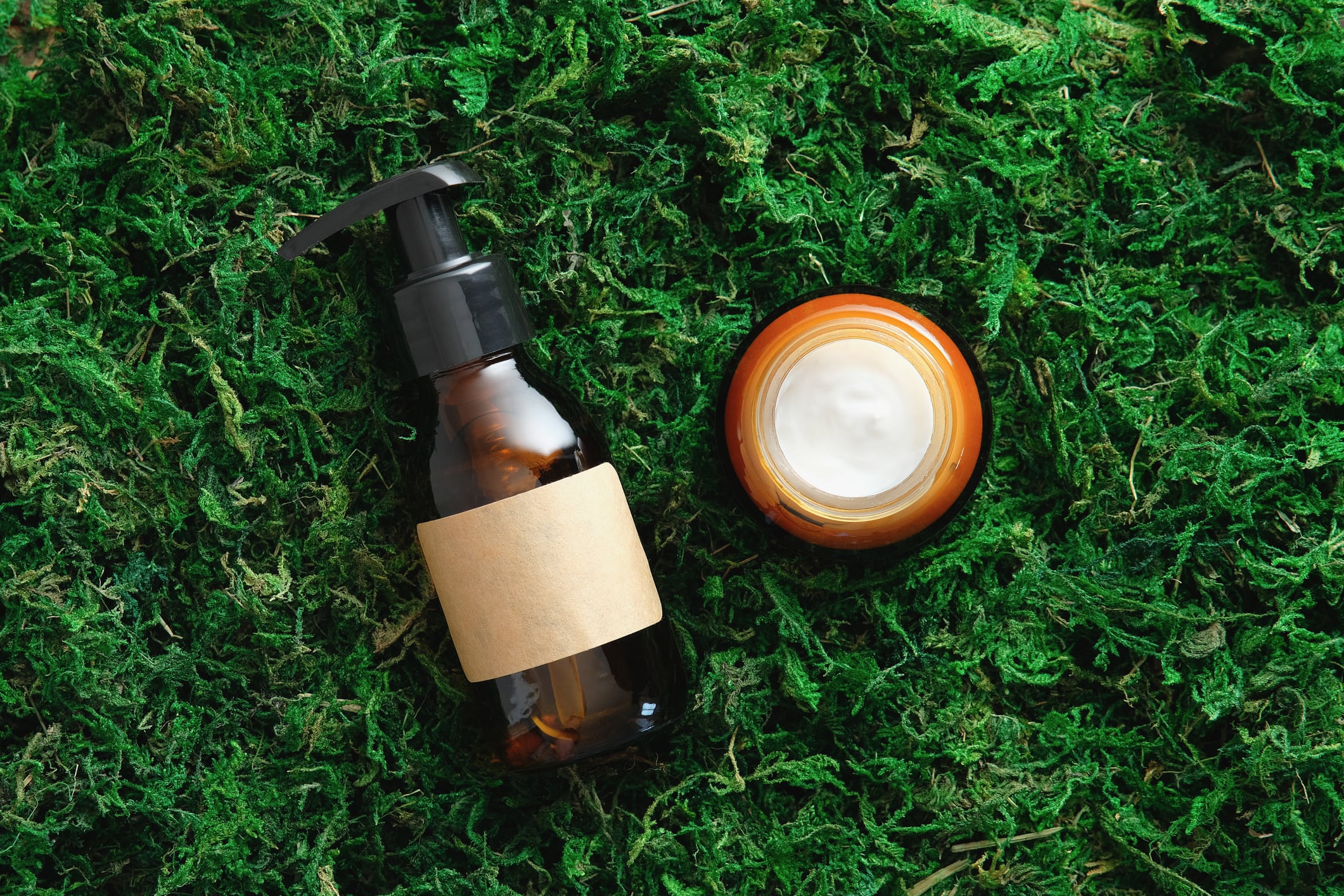
A group of 14 stakeholders has set out its wishes for “a clear and proportionate framework” in a joint statement, while some NGOs have concerns that the EU’s recent legislation has not been strict enough.
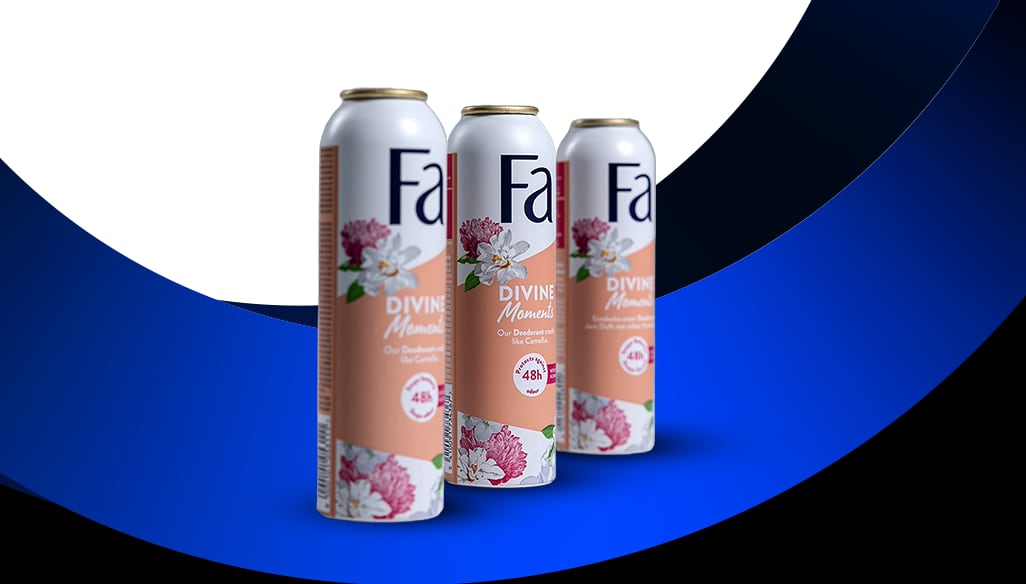
The two businesses collaborated on the lightweight aerosol innovation, which scooped an industry award.
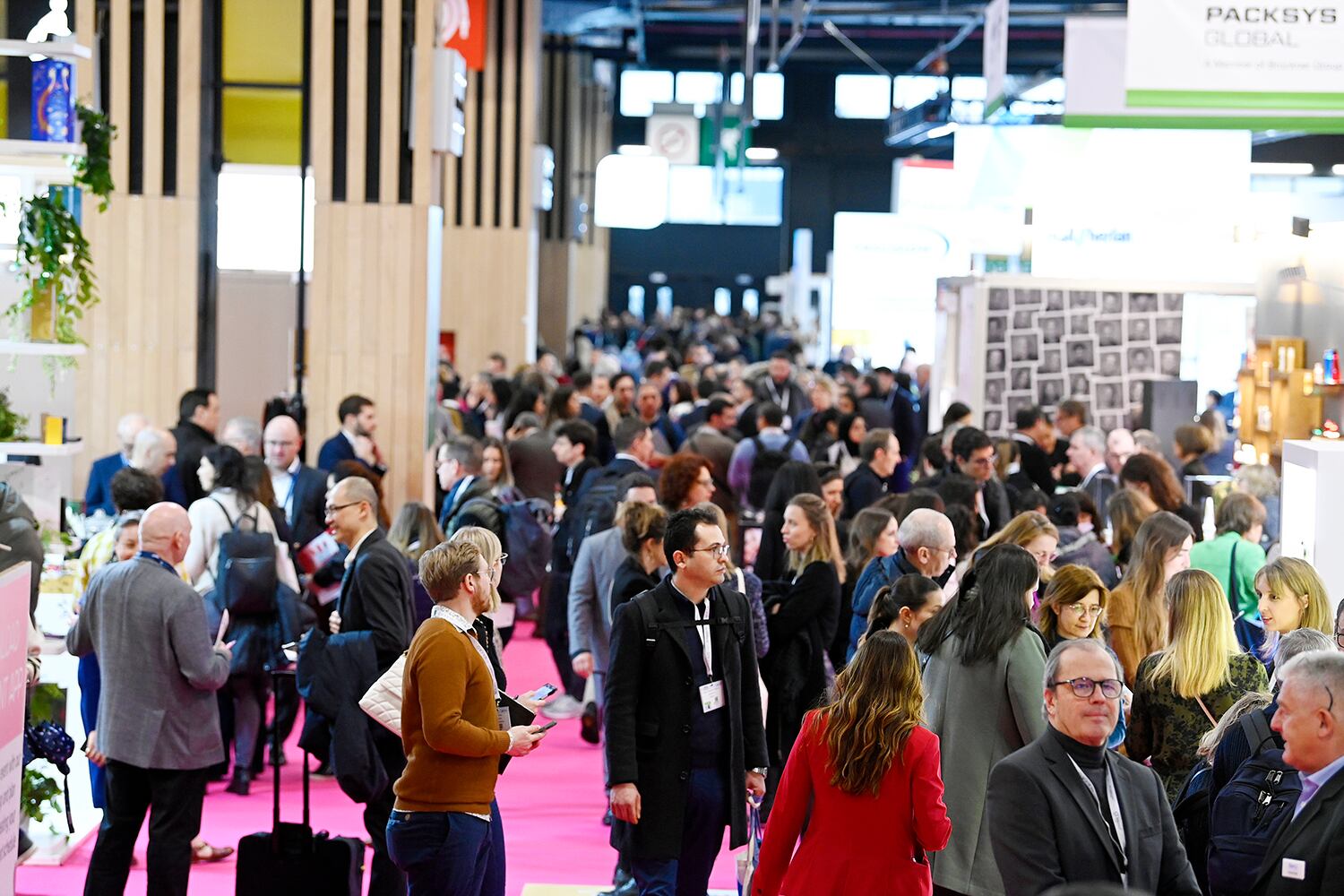
This year, the luxury packaging event features a Pentawards Gallery, innovations in sustainability and smart packaging, and a focus on future packaging trends…
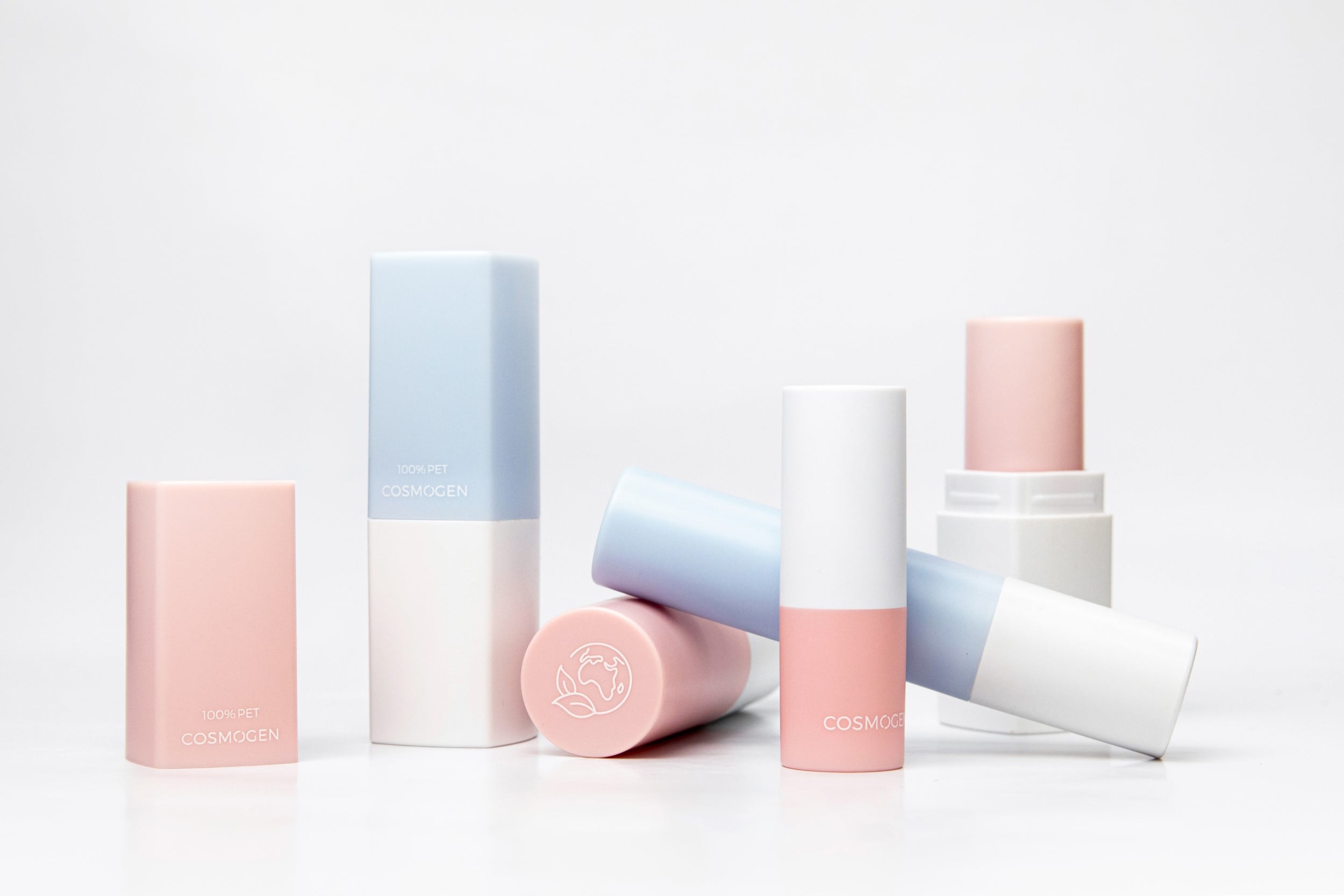
The firm plans to strengthen the French packaging and accessories company’s presence in its domestic market and across the globe.
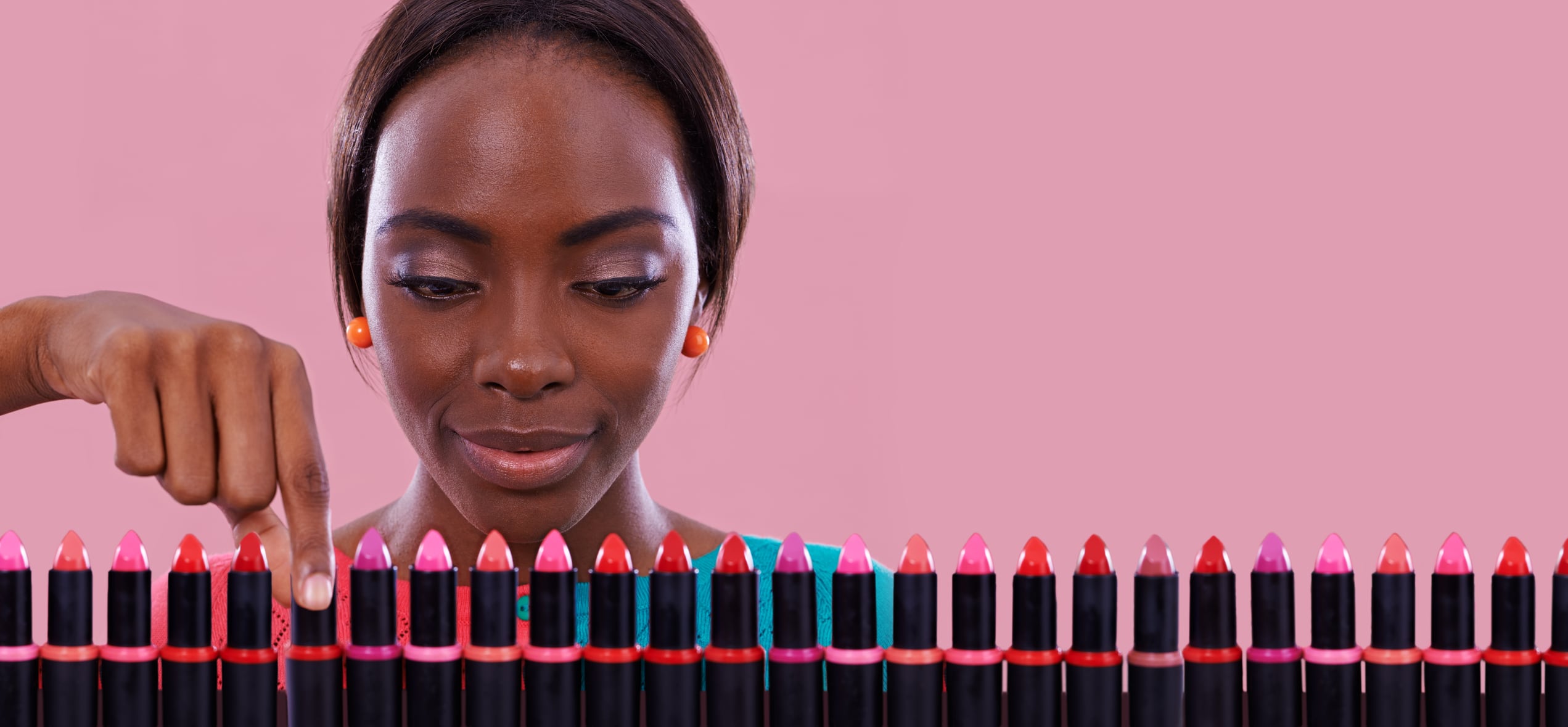
New data from NIQ shows that brands that put a focus on innovation were twice as likely to grow their sales as those who didn’t. But where do you start?

According to new consumer research from market research agency MMR, consumers are increasingly seeking out new and novel experiences, which means that brands are under pressure to innovate or get left behind.

Big-name, heritage cosmetics brands have long dominated travel-retail, but as consumers’ needs change, smaller businesses are shaking up the status quo. We take a look at some of these disruptor brands...

What have been some of the key issues and topics affecting our industry over the past three months? We’ve rounded up the 10 most-read stories between July and September…
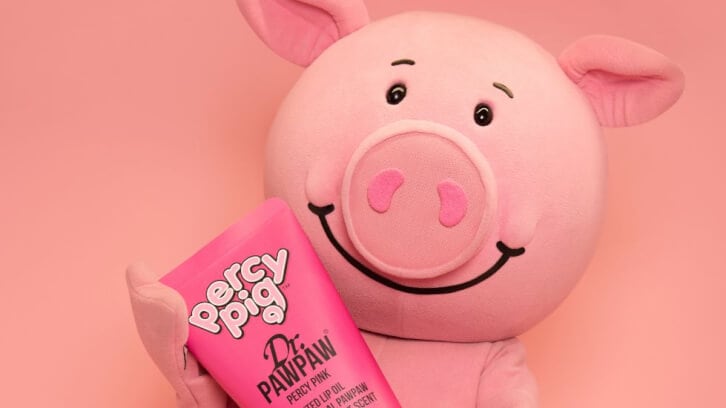
All good marketers know that two brands are better than one when it comes to raising awareness. We celebrate six (well, actually seven) of the best beauty brand collabs we’ve seen so far this year….
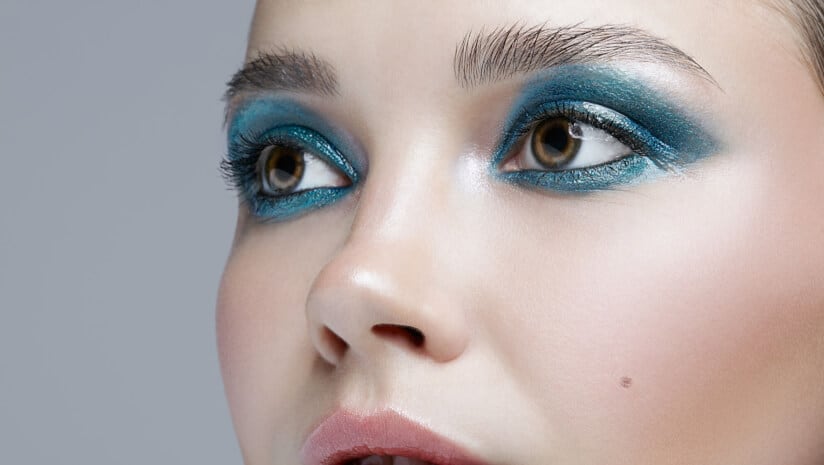
Trends forecasting agency WGSN shares insights from its Beauty Colour Forecast for spring-summer in 2026.
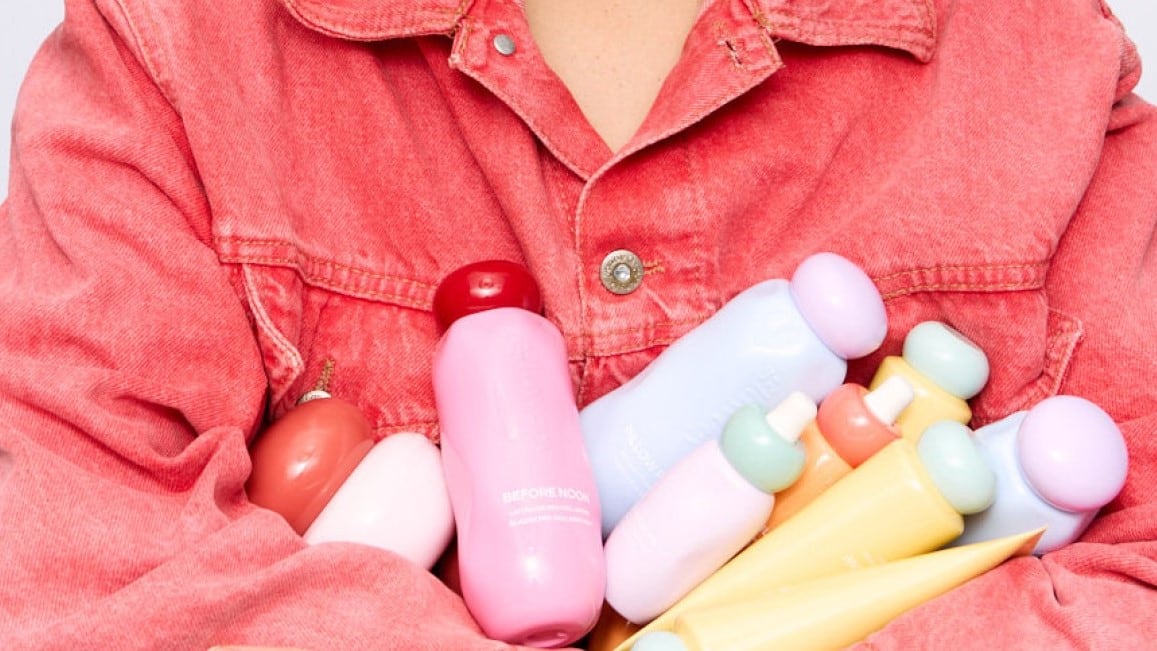
French beauty and wellness brand Glowery is set to launch this week after five years in the making. We spoke to founder and CEO Alexandra Kolasinski to find out more...
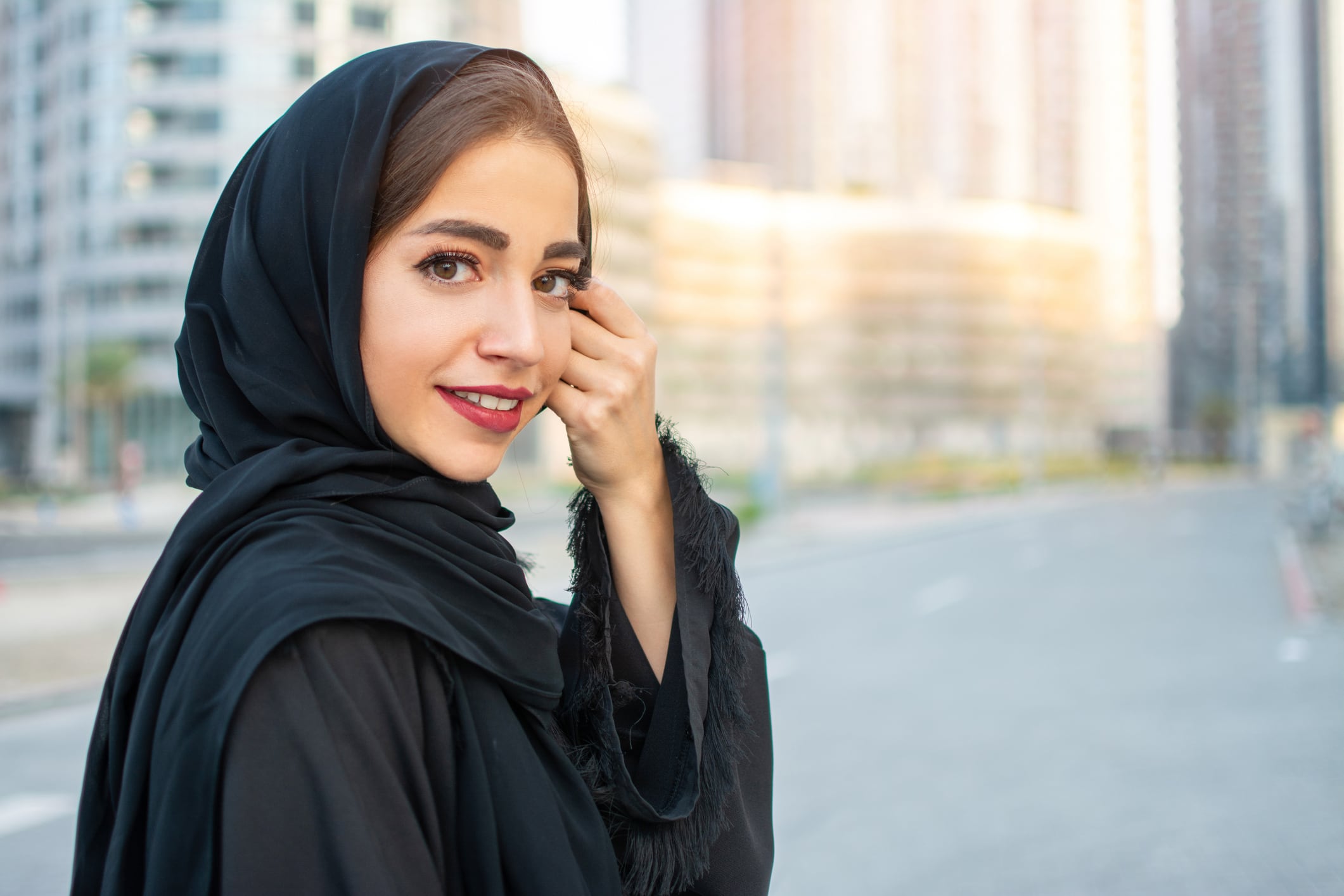
As the Beautyworld Middle East event will kick off in Dubai in late October, we asked a market expert what cosmetics brands should know about the current landscape in the growing Middle Eastern market, with a focus on Dubai.
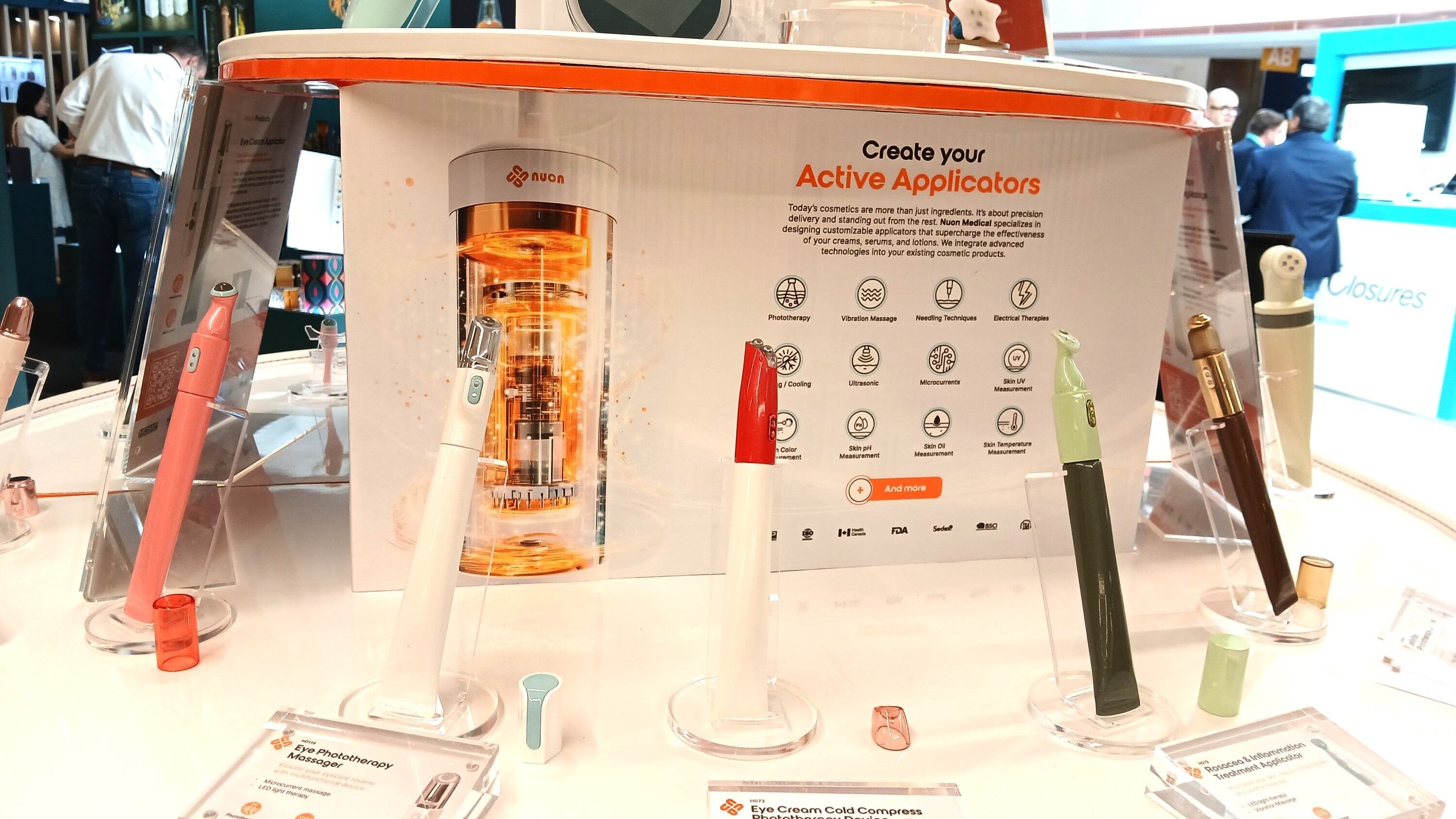
From new refill innovation to packaging with built-in at-home-use devices, here are some of the most forward-thinking products we saw at the luxury packaging show in Monaco this year…

This year’s Luxe Pack show in Monaco revealed many innovations in terms of scent packaging formats based around Gen Z’s preferences. We spoke to Superga Beauty about its new launches...
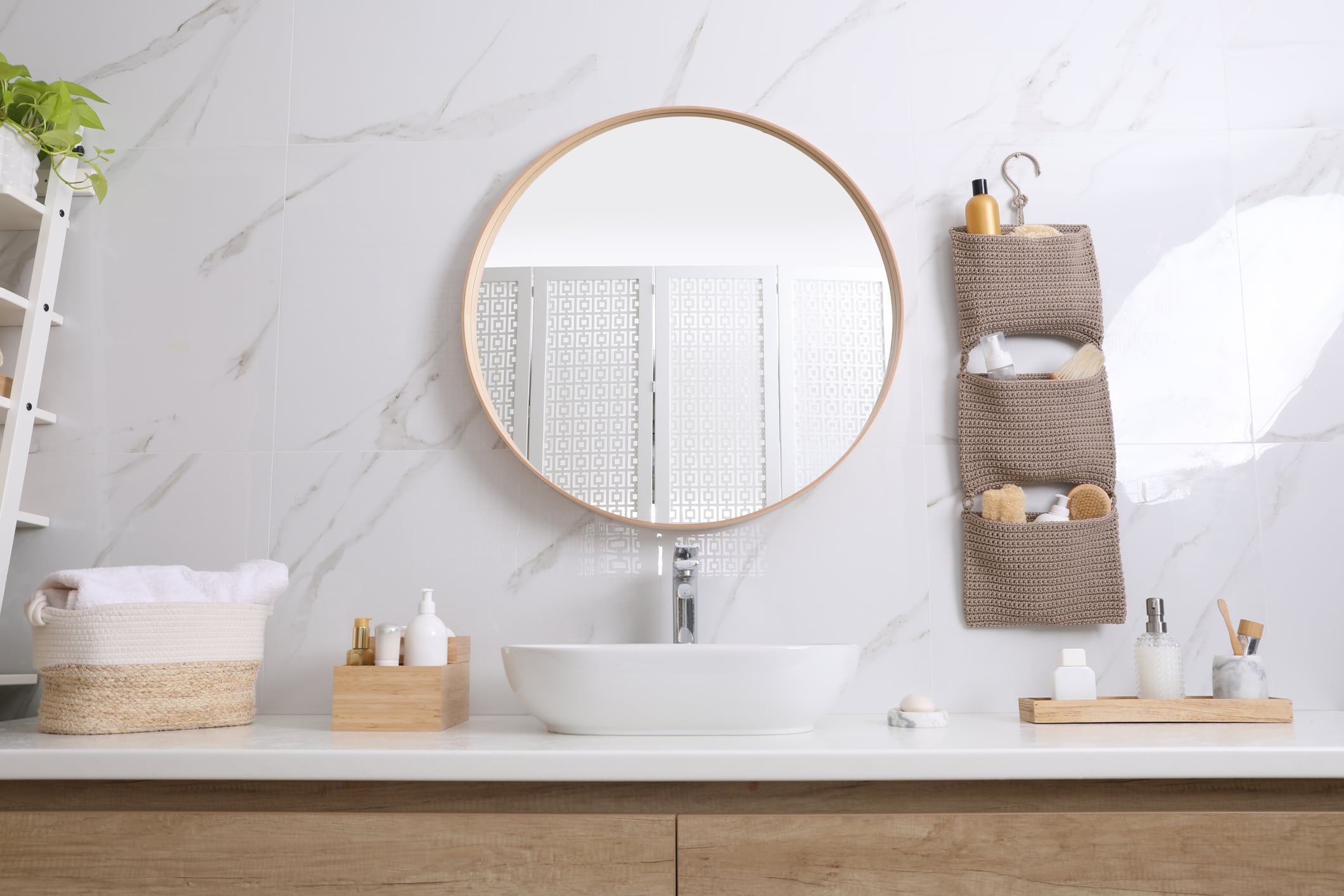
Luxury is no longer about exclusivity and aesthetic. Beauty and personal care brand owners now must also consider their impact on the planet.
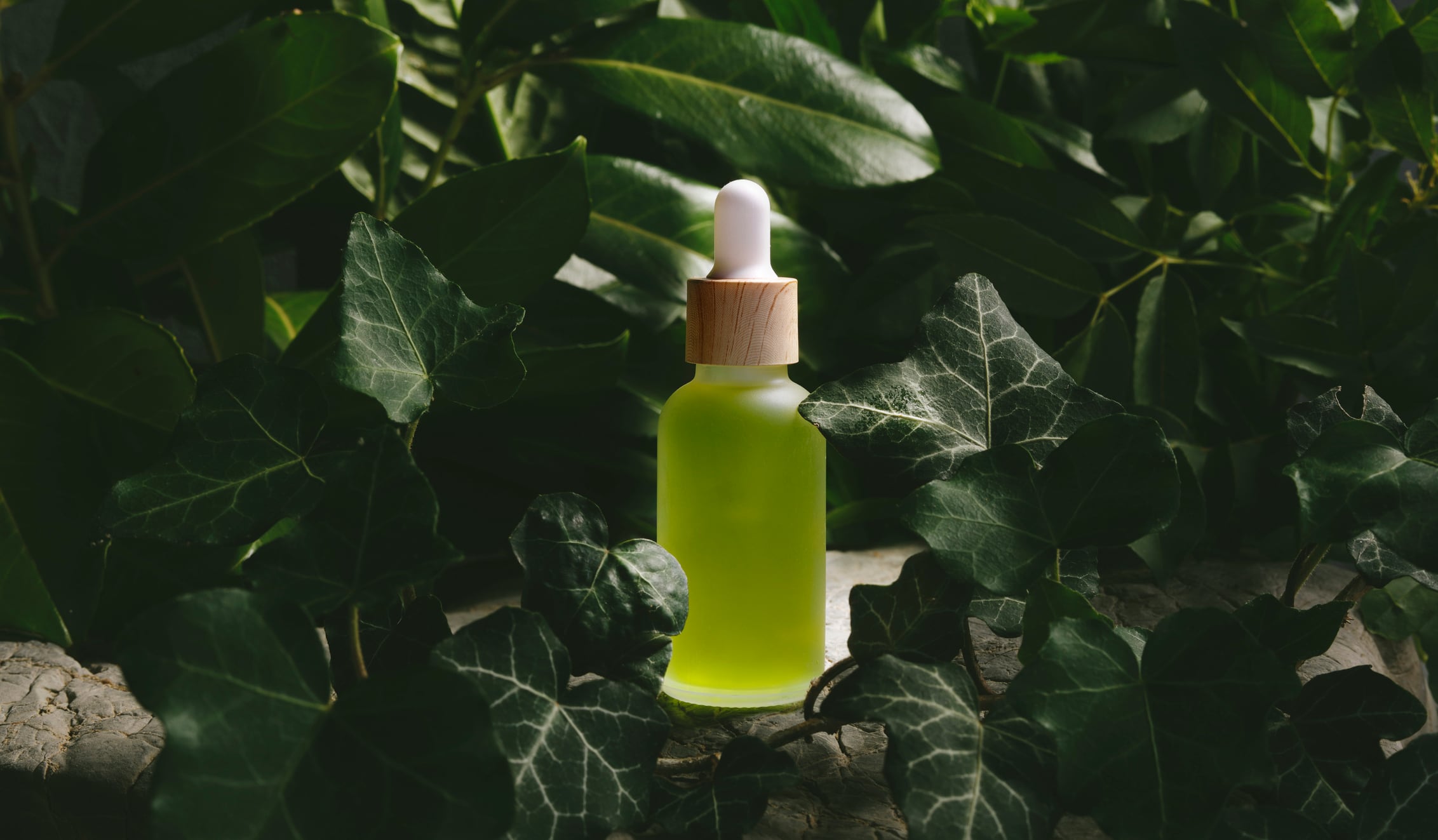
We’ve rounded up some of the key eco-designed cosmetics packaging innovations that were on show at the Luxe Pack 2024 event in Monaco this October.
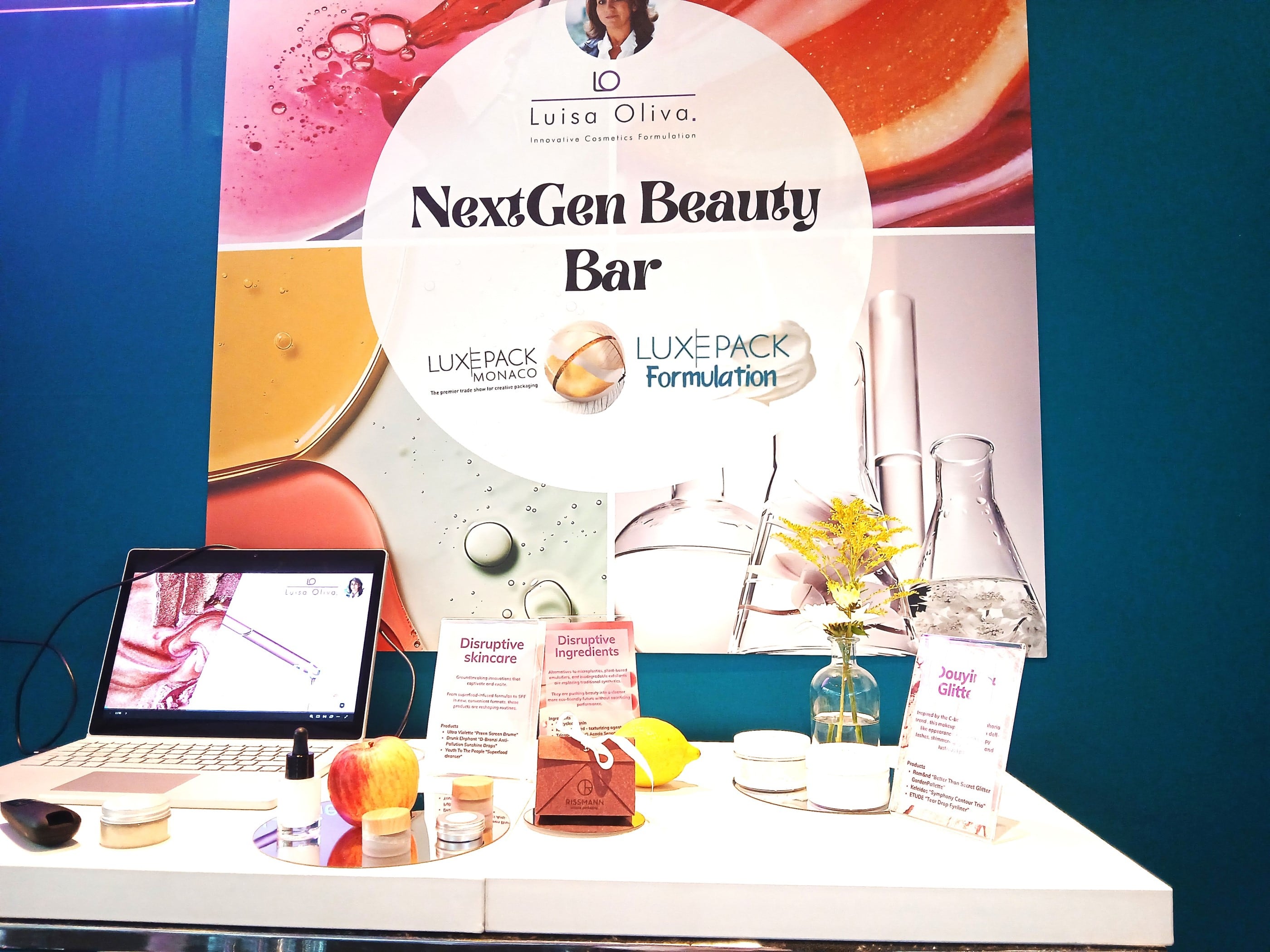
This year’s Luxe Pack show in Monaco had a section dedicated to trending cosmetics formulations and textures, which was curated by the sought-after formulations expert Dr Luisa Oliva. We explored the formulations bar and spoke with Dr Oliva...
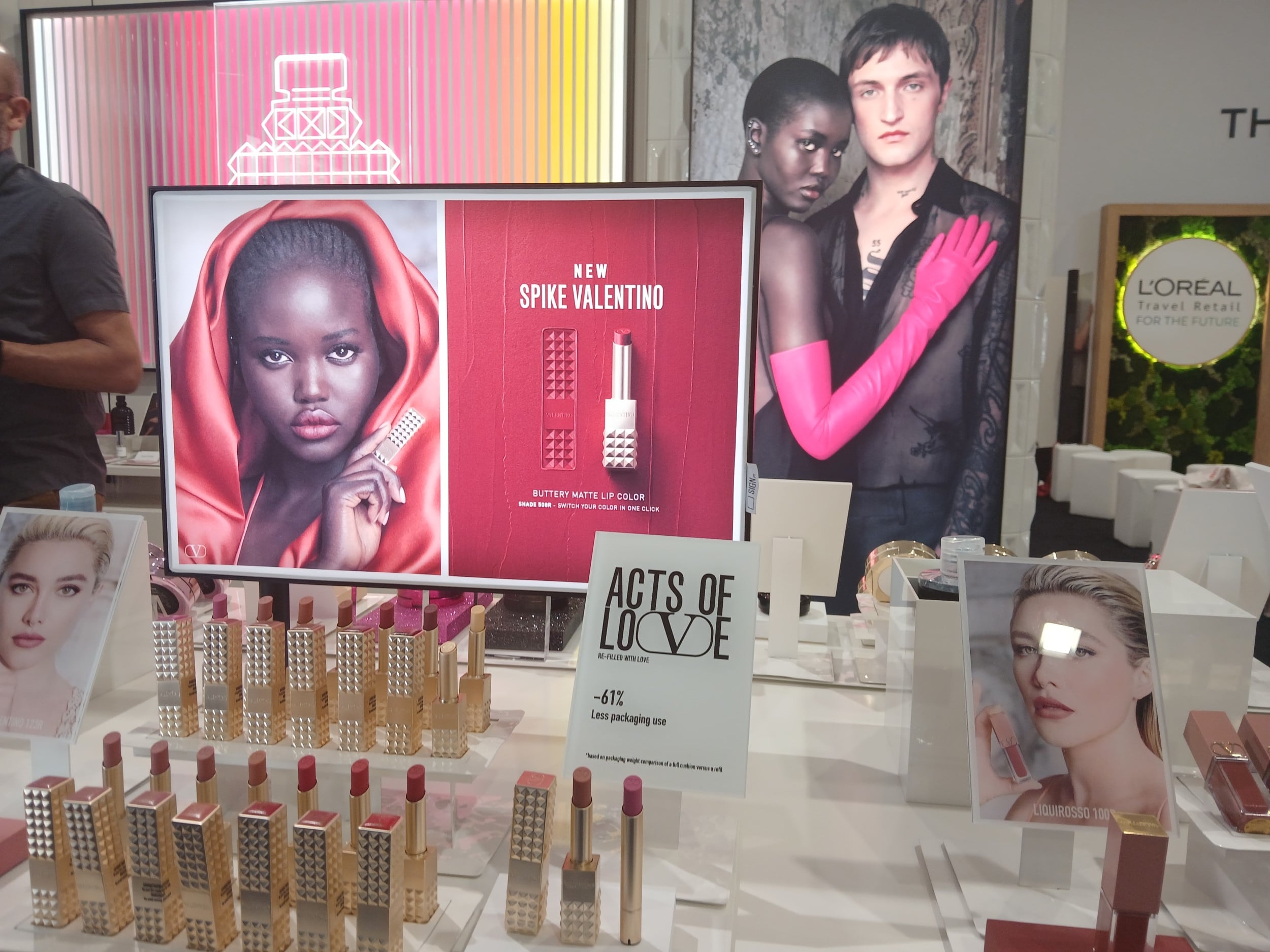
At the TFWA Global Summit in Cannes, the L'Oréal Group revealed more about its travel-retail strategy, including its future focus on activations and sustainability.
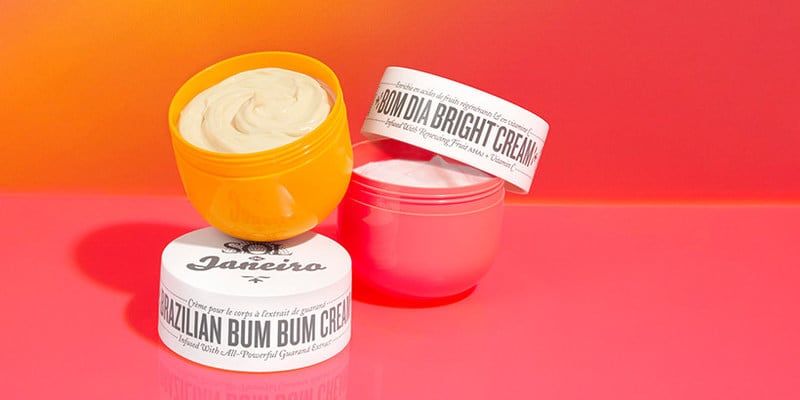
At this year’s TFWA Global show in Cannes, we caught up with the head of marketing for travel-retail at L’Occitane Groupe, Mona L’Hostis, to talk about innovation pipelines, future markets to watch, and the runaway success of Sol de Janeiro.
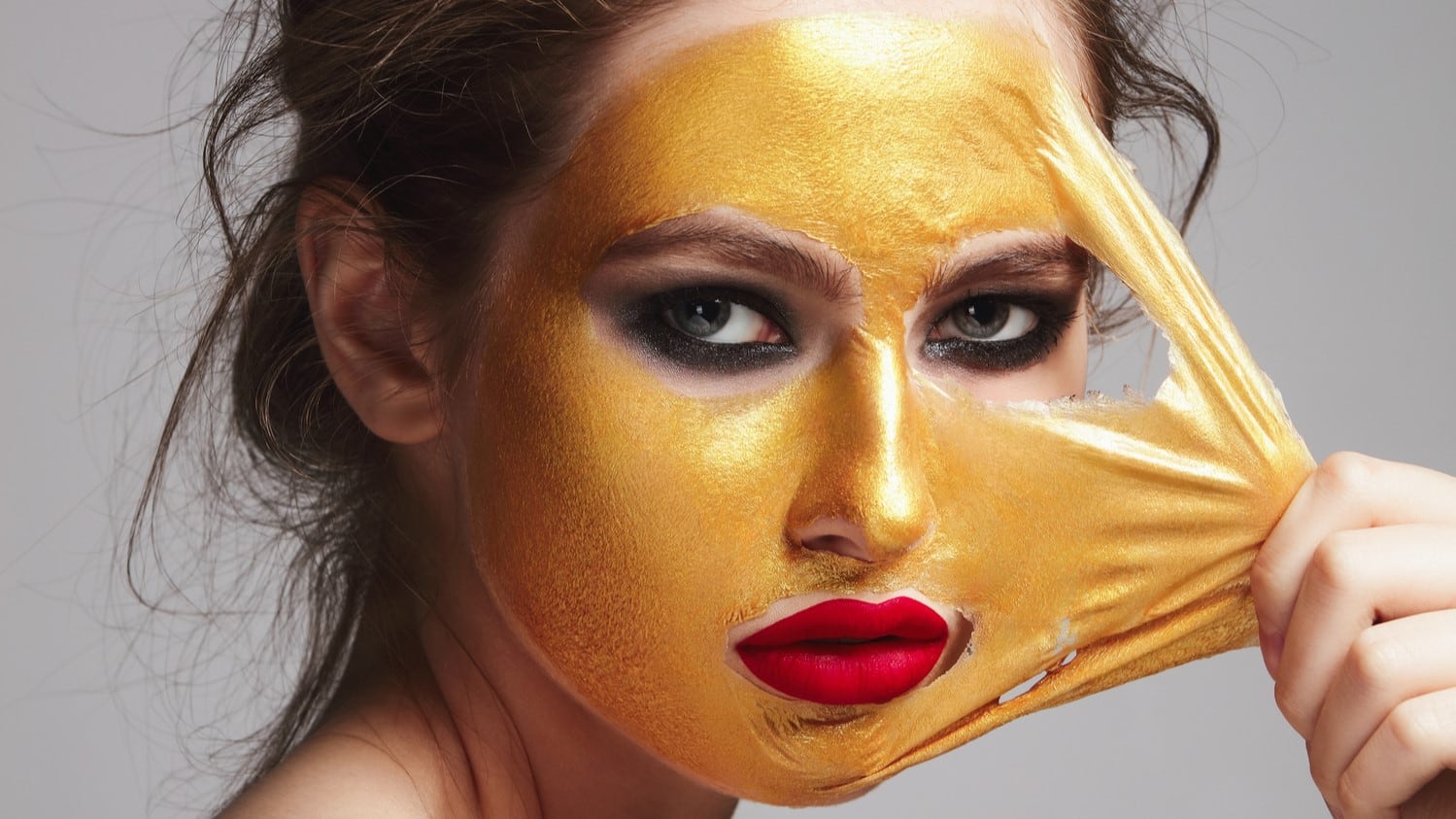
What can beauty brands and shoppers do to protect themselves in a climate where even some well-known chain stores are being impacted by counterfeit or ‘diverted’ beauty products?
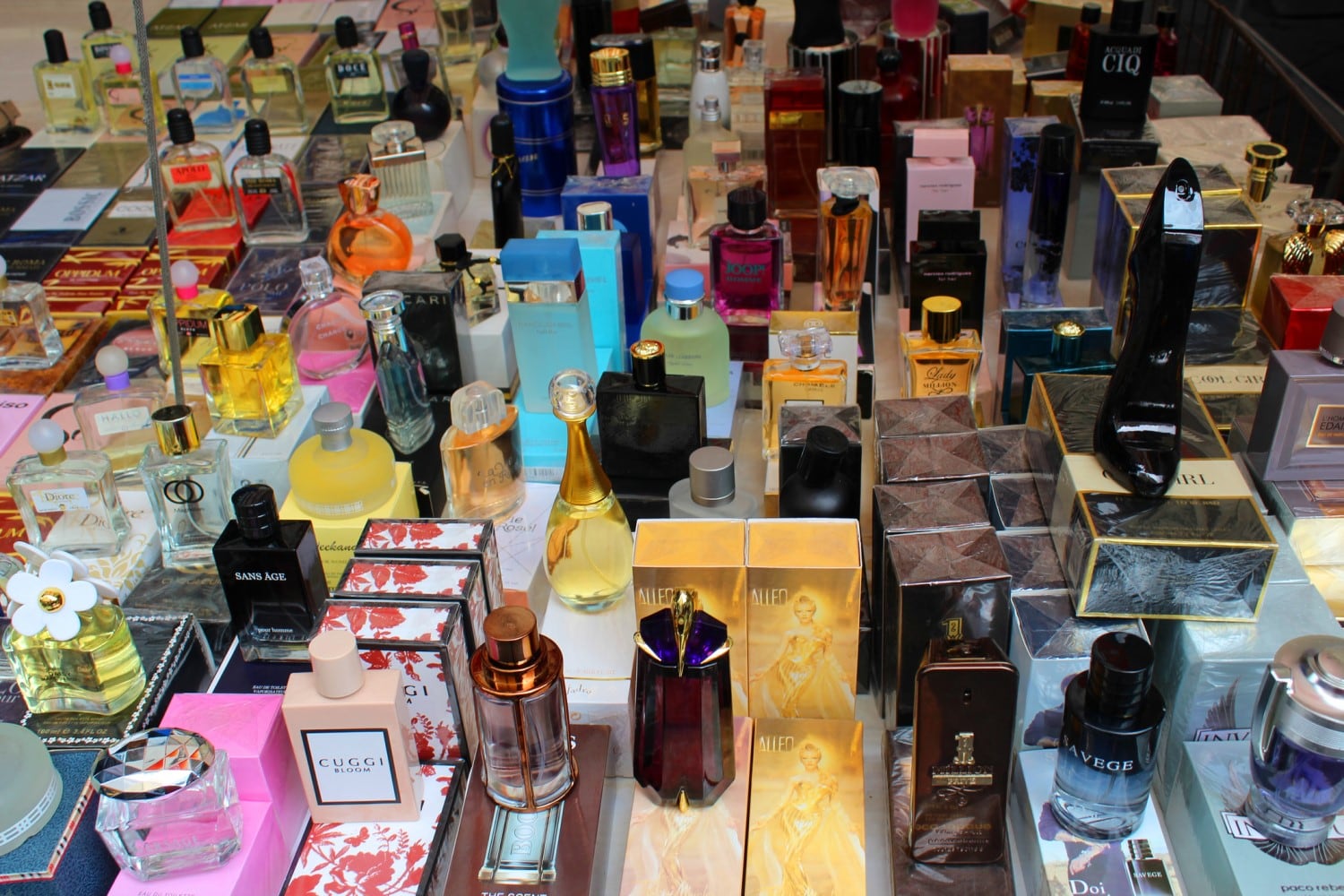
From causing cancer to funding terrorism and attracting drug dealers, the global problem with counterfeit beauty products stretches way beyond copyright breach and financial losses...
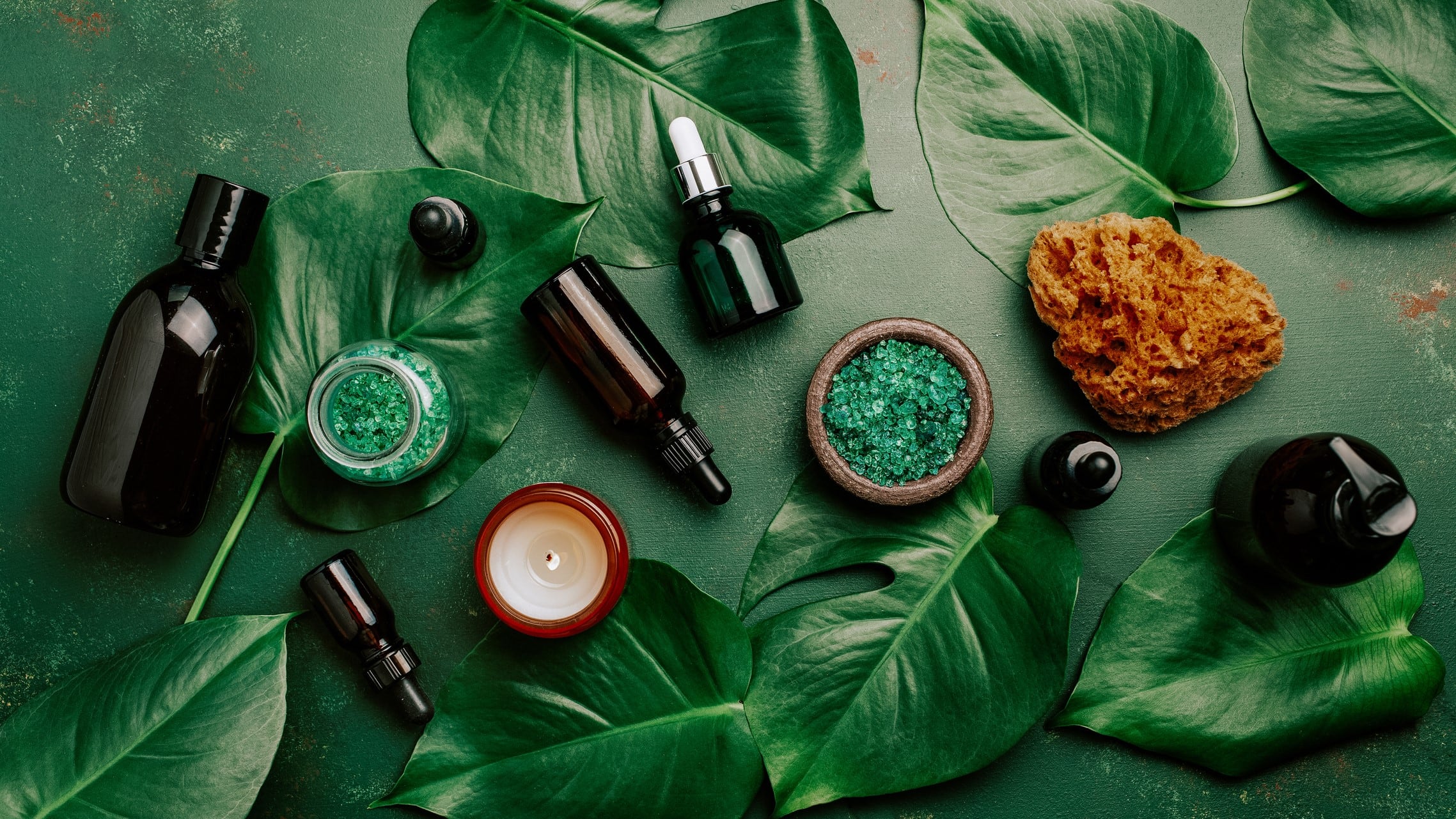
The ecommerce retailer and manufacturer will roll out new technology across the company to verify product sustainability for its customers.

We've rounded up some of the newest innovations that will be showcased at the world's biggest luxury packaging show...
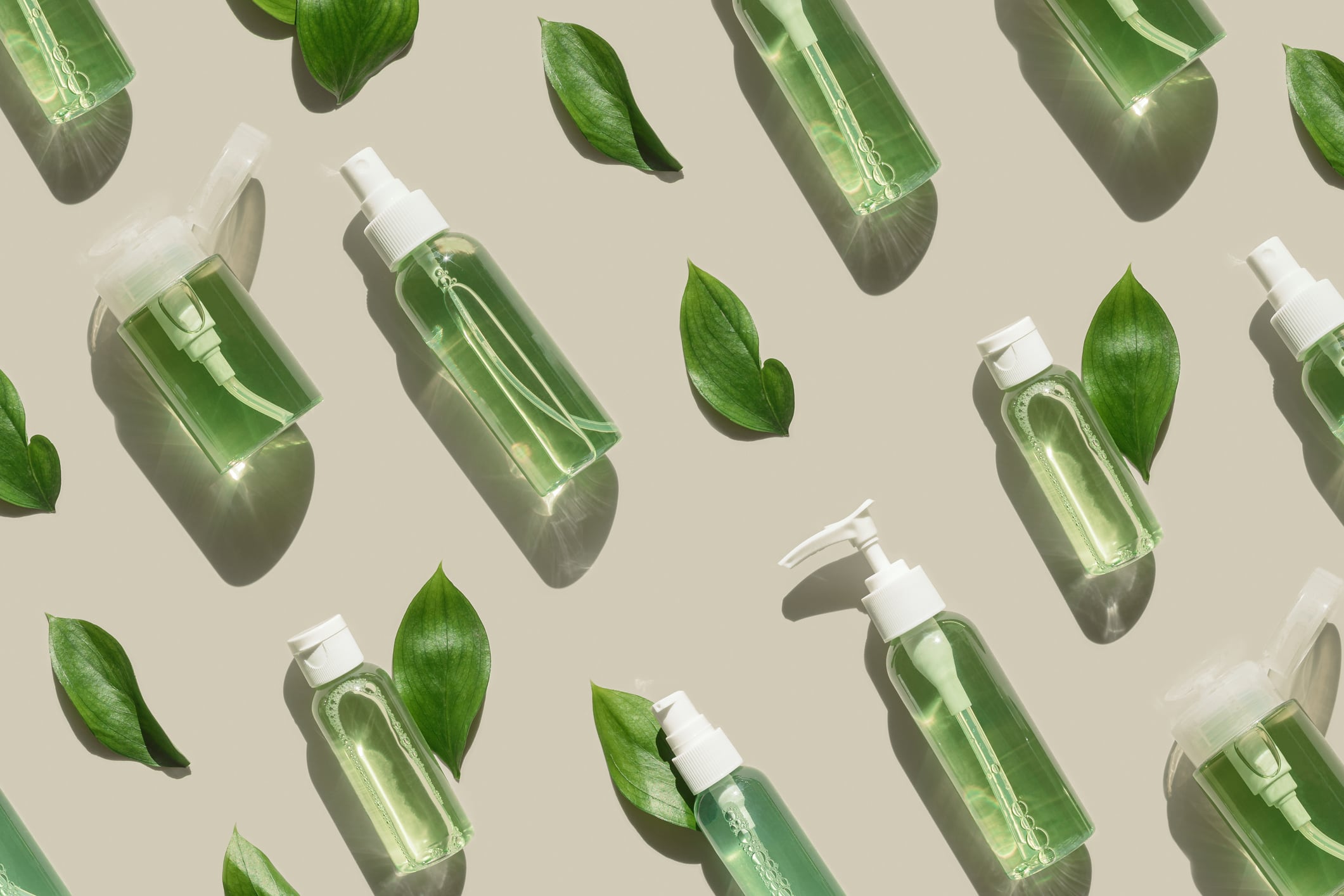
Luxe Pack Monaco announces ‘in green’ awards finalists
As luxury packaging suppliers gather from across the world, the show will celebrate the latest innovations in sustainable packaging.
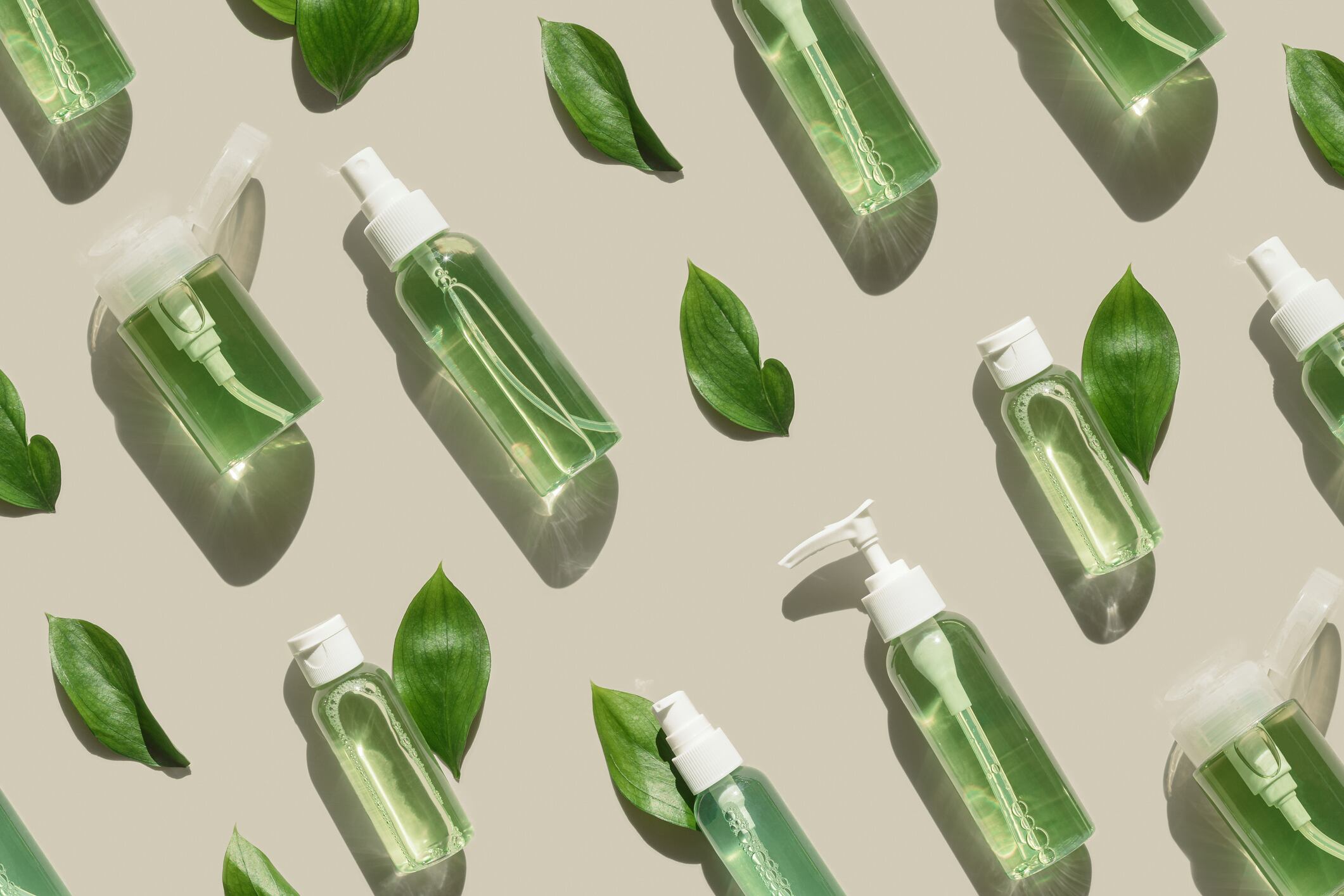
As luxury packaging suppliers gather from across the world, the show will celebrate the latest innovations in sustainable packaging.
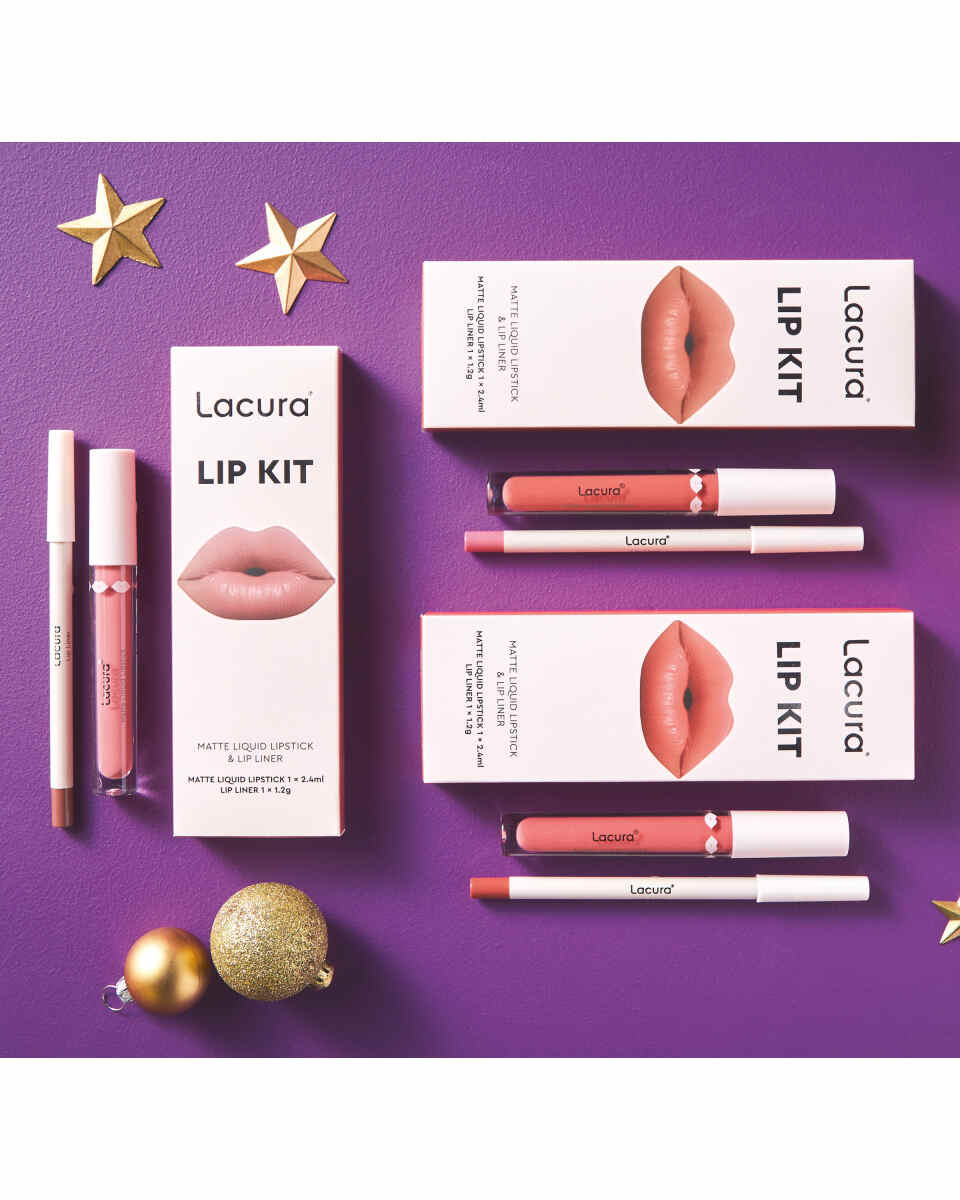
The ‘dupes’ trend isn’t likely to go away any time soon. Here are 10 'dupe' beauty products that have resonated with shoppers across the globe...
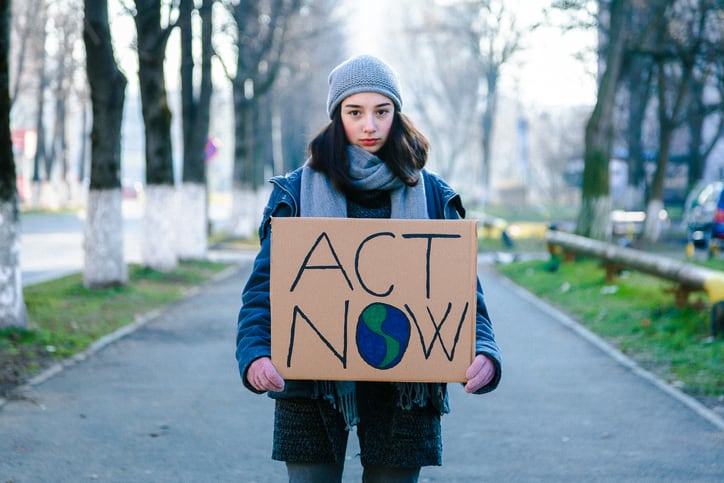
The new research shows 35% of global consumers “don’t trust companies to be honest about their environmental impact.”
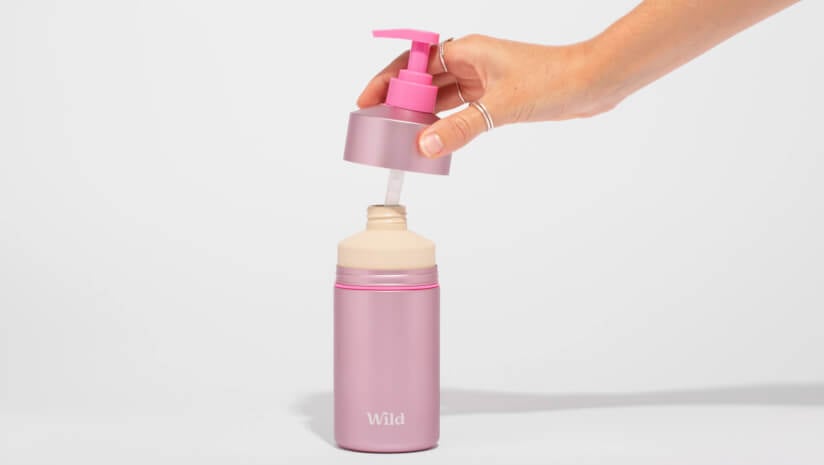
From ethical ingredients sourcing, to packaging innovations and preventing biodiversity loss, we heard from six beauty and personal care companies about how they are being more sustainable...
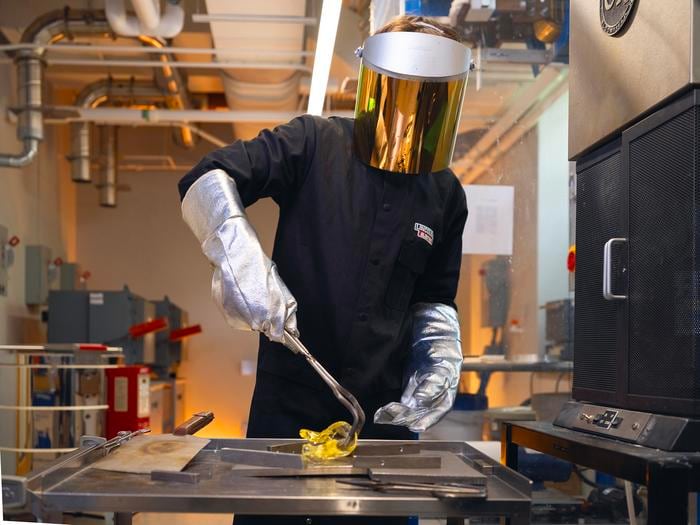
Italian glassmaker for cosmetics and fragrance Bormioli Luigi has partnered with LionGlass to help bring its sustainable alternative to soda lime silicate glass to the wider market.
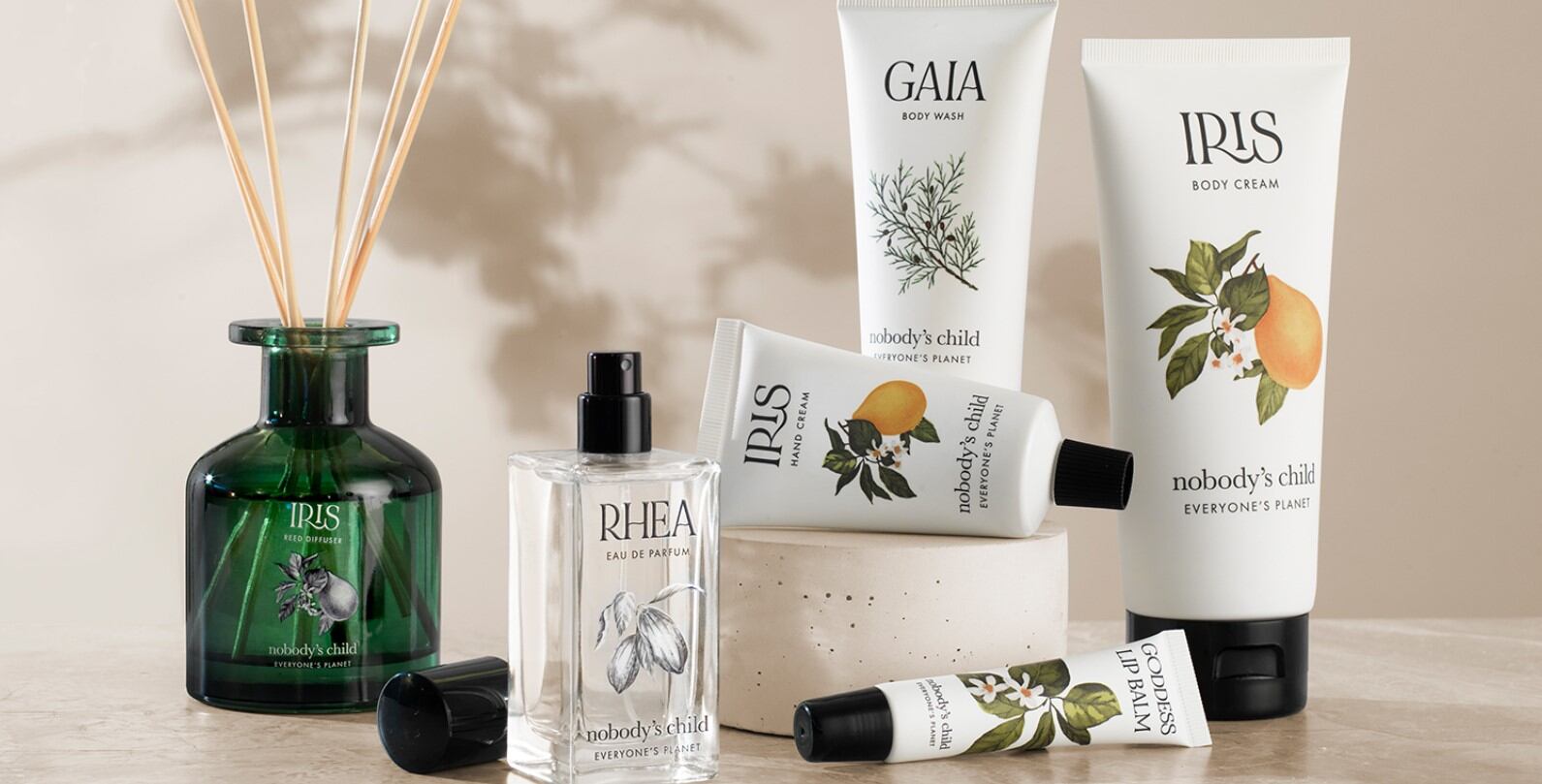
The UK-based responsible fashion brand has revealed why it’s expanding into beauty...
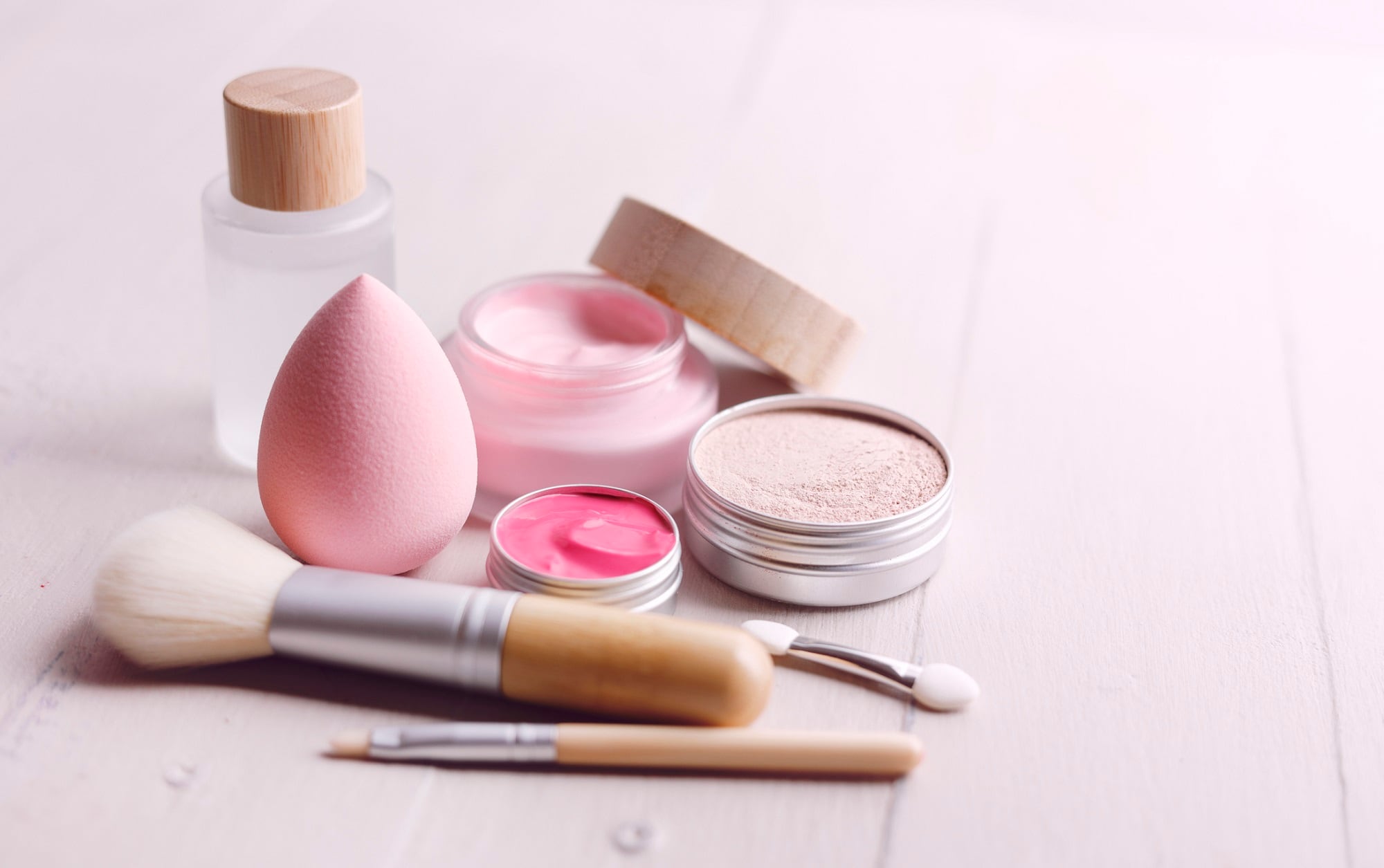
With five categories spanning innovations in sustainable products, ingredients, initiatives, and more, this year's Sustainable Beauty Awards will highlight the best of the beauty industry's eco-friendly efforts.

Both markets are hotspots for beauty innovation and expansion. Here’s why many European cosmetics brands are focused on these for the future...
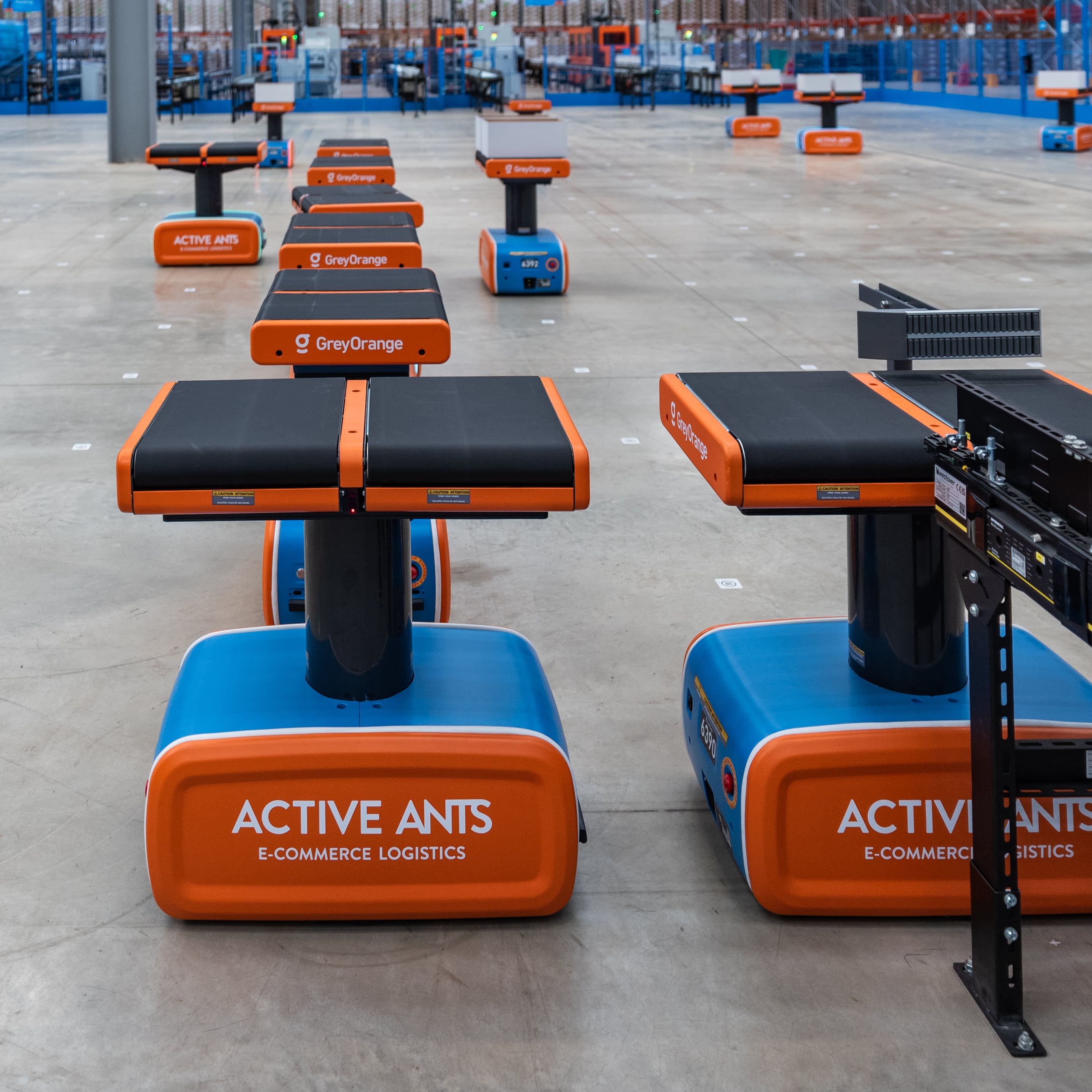
As more brands use tech to streamline their business, the Swedish cosmetics manufacturer has partnered with a UK-based company to speed up the fulfillment process.
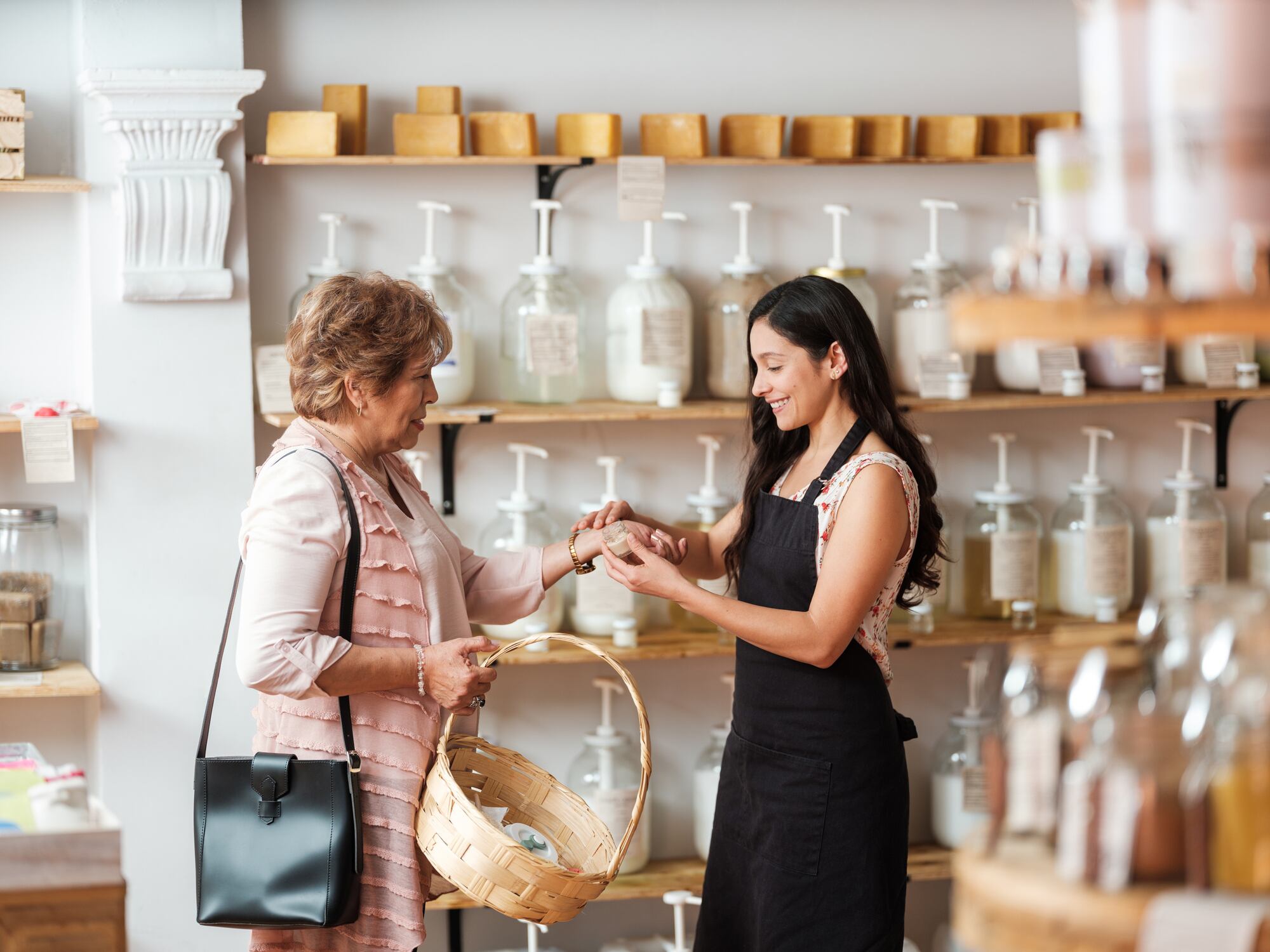
As more beauty and personal care companies put the environment first in their business models and branding, how can a business ensure it has a clear point of difference for its customers?
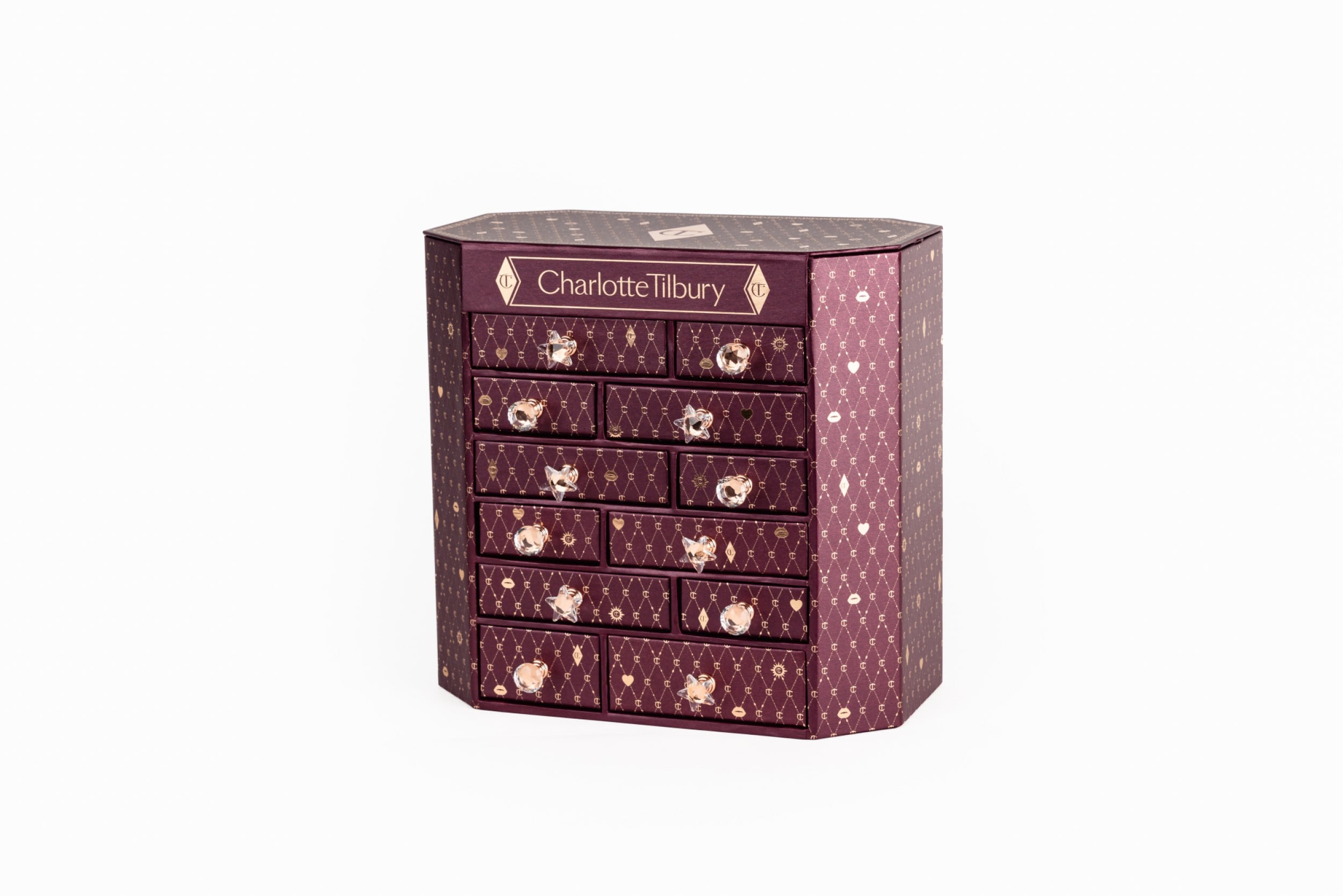
The packaging company that worked on the brand’s annual Christmas calendar shares more on the design of this luxurious product.